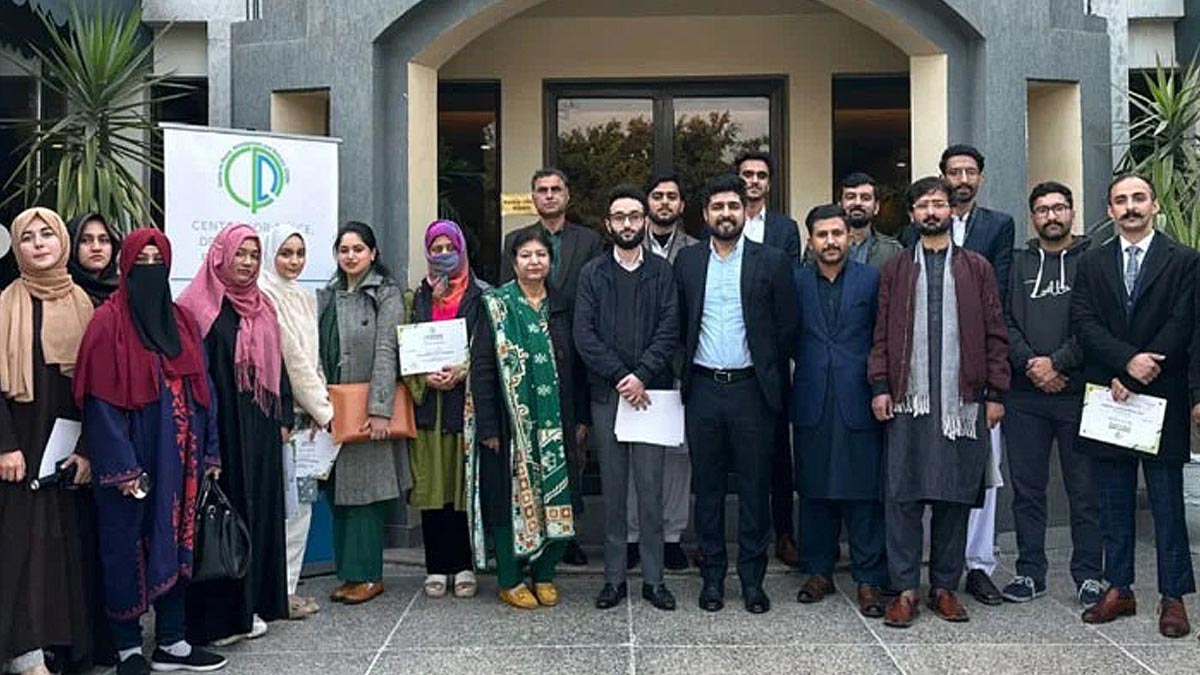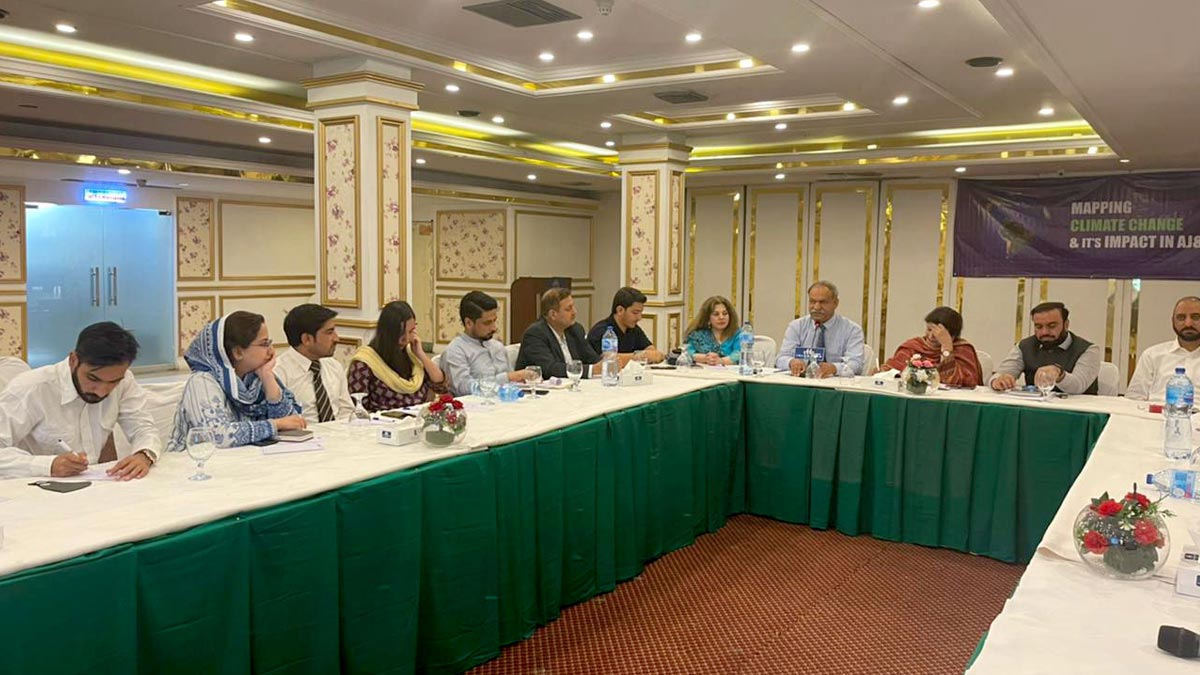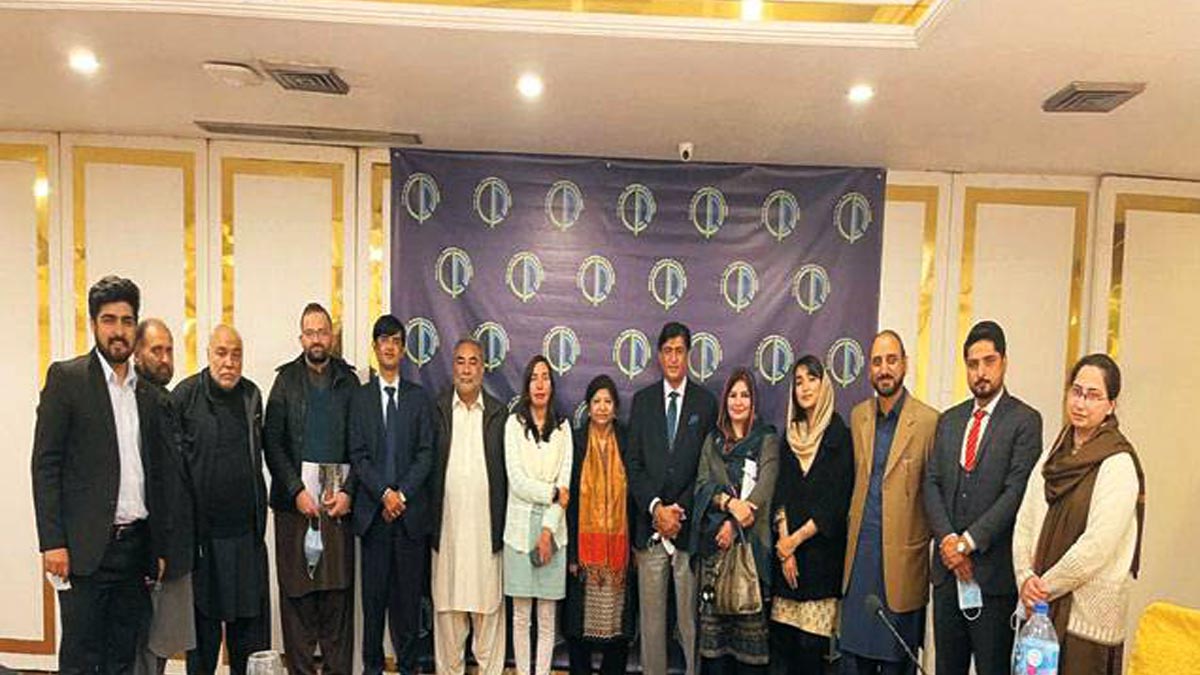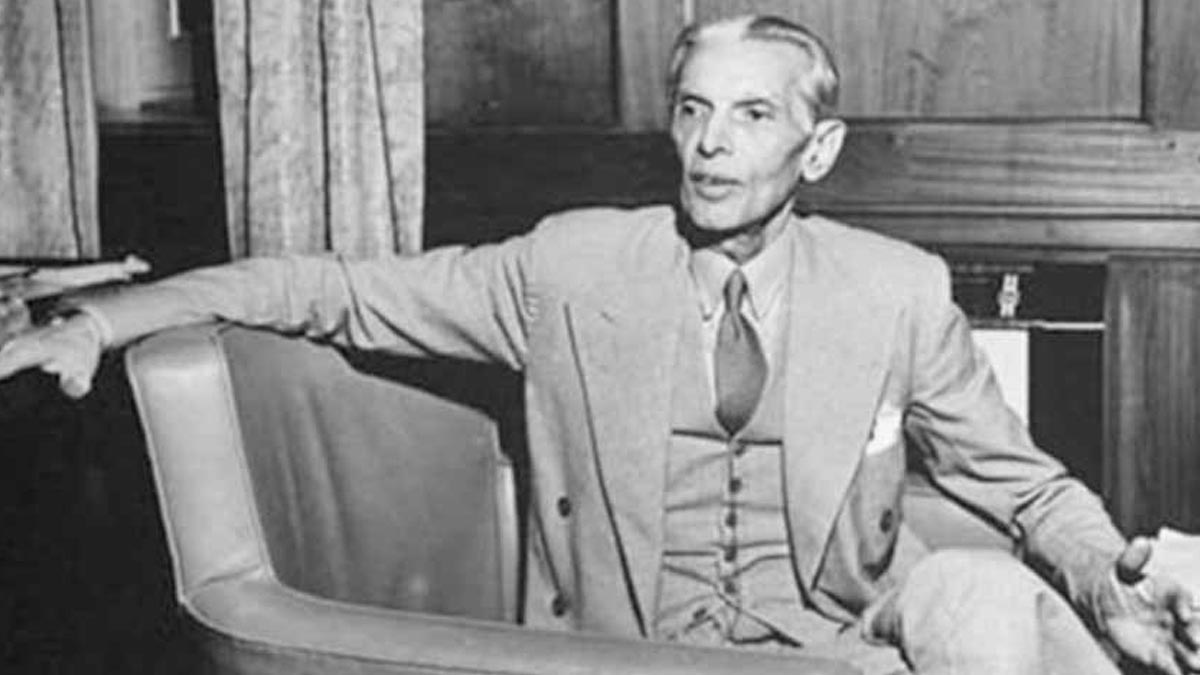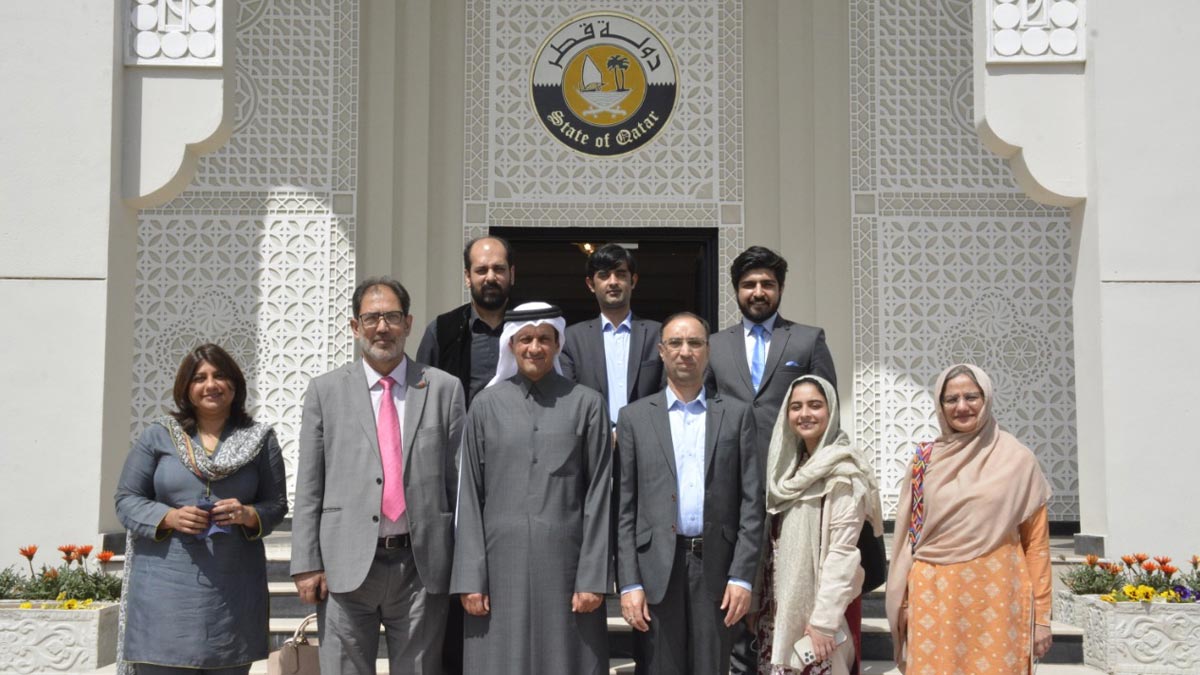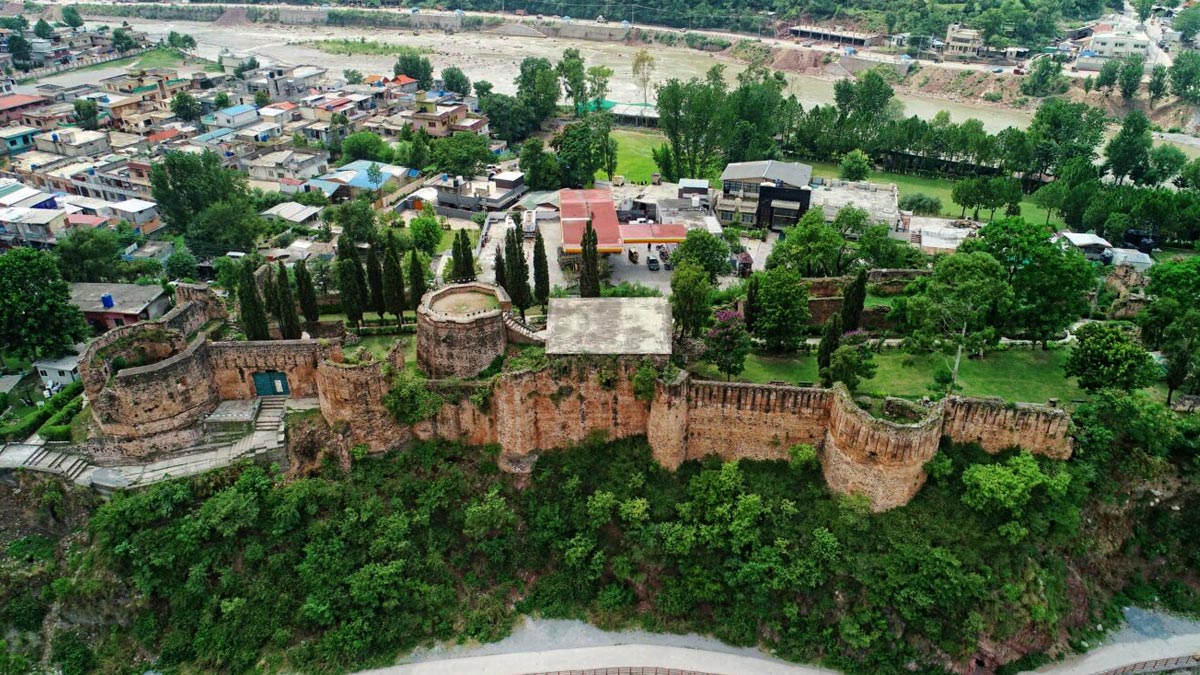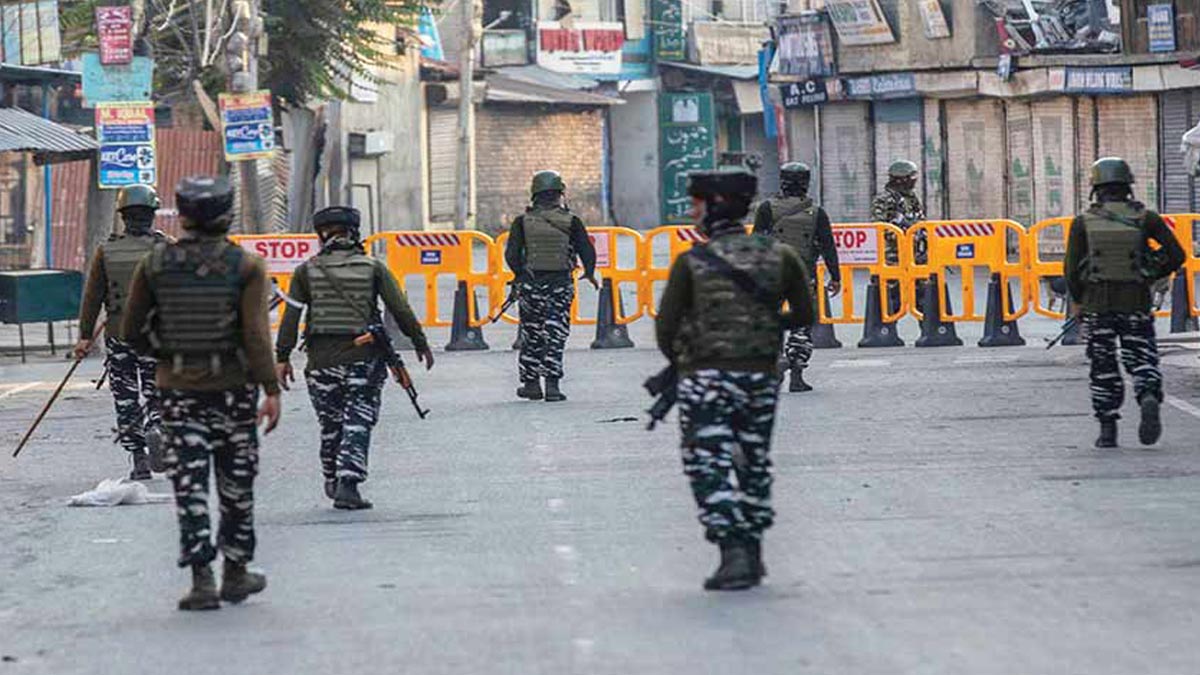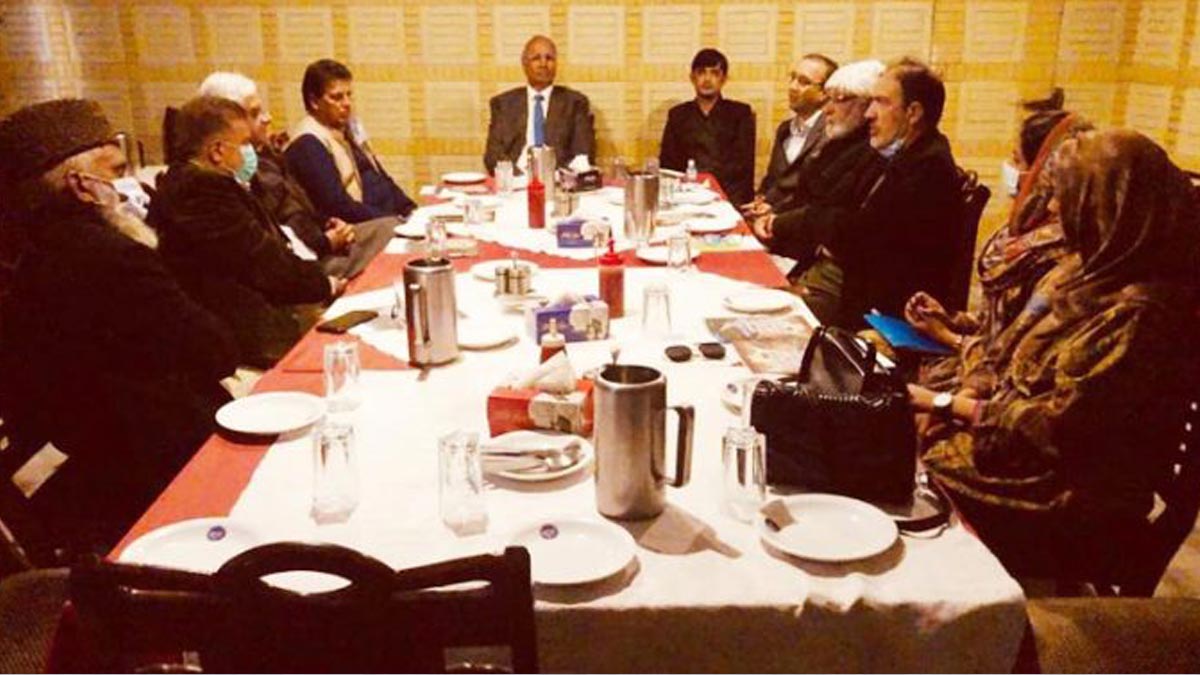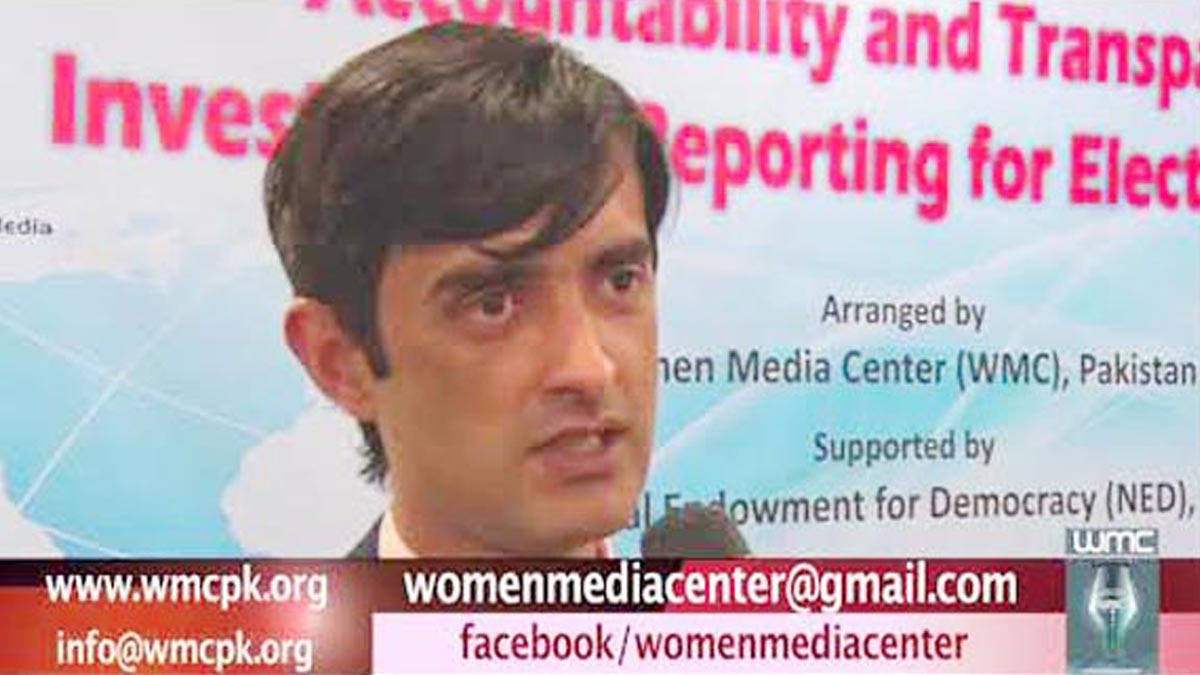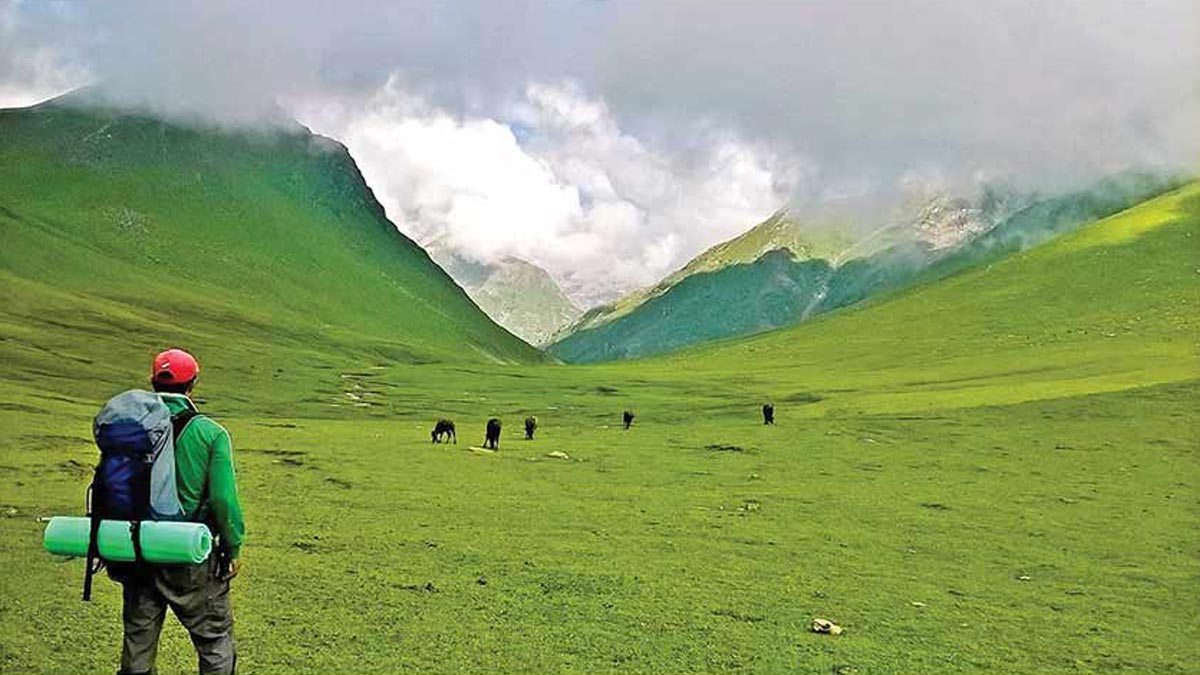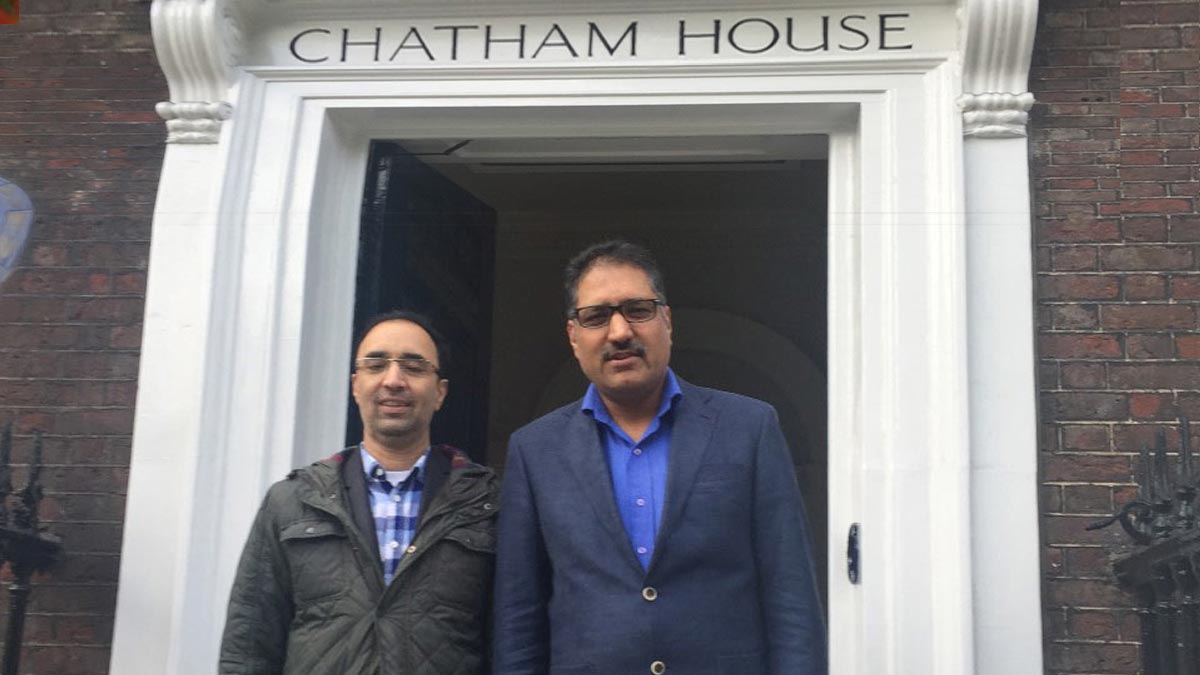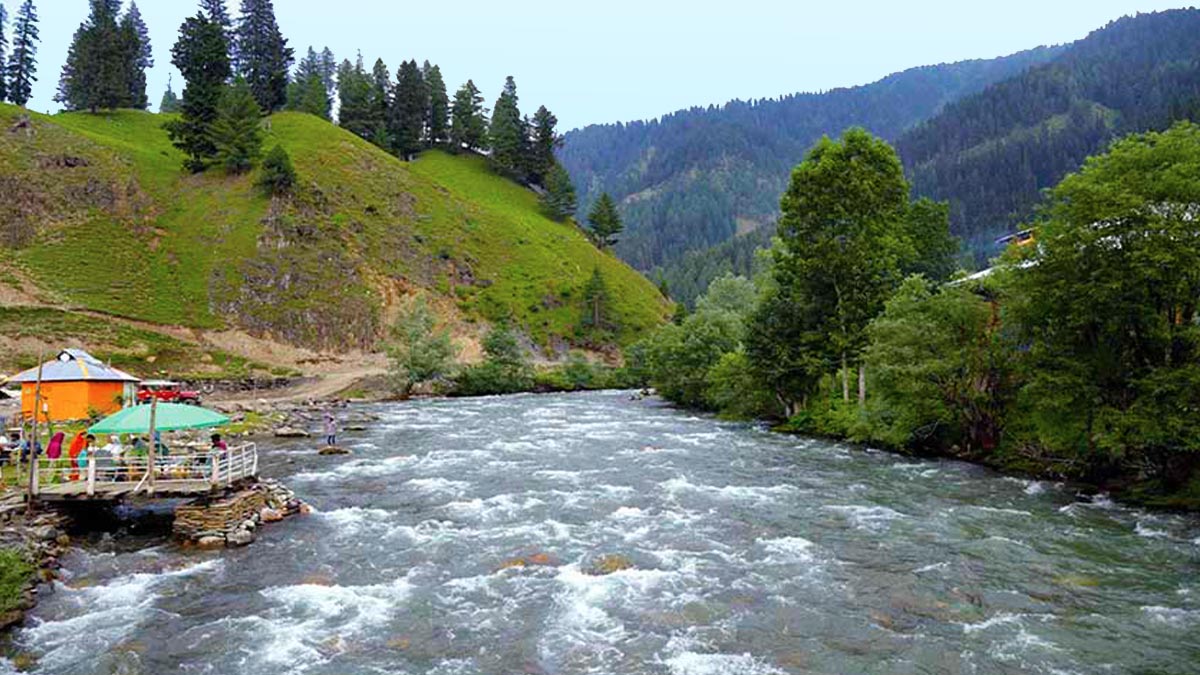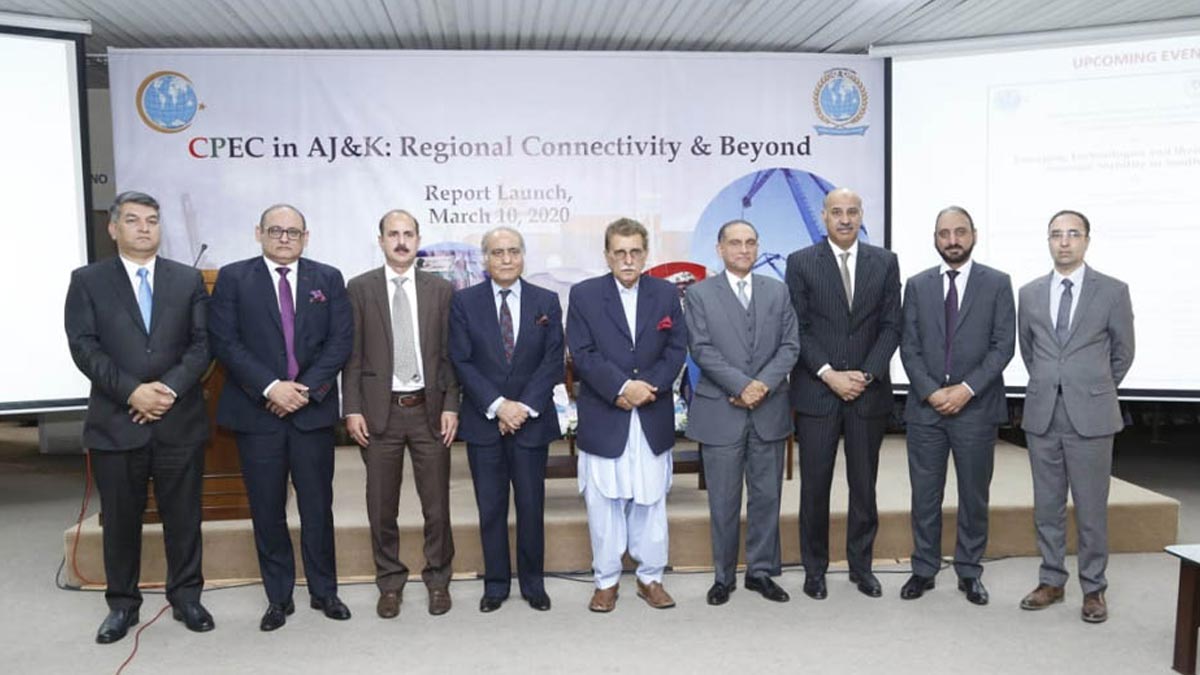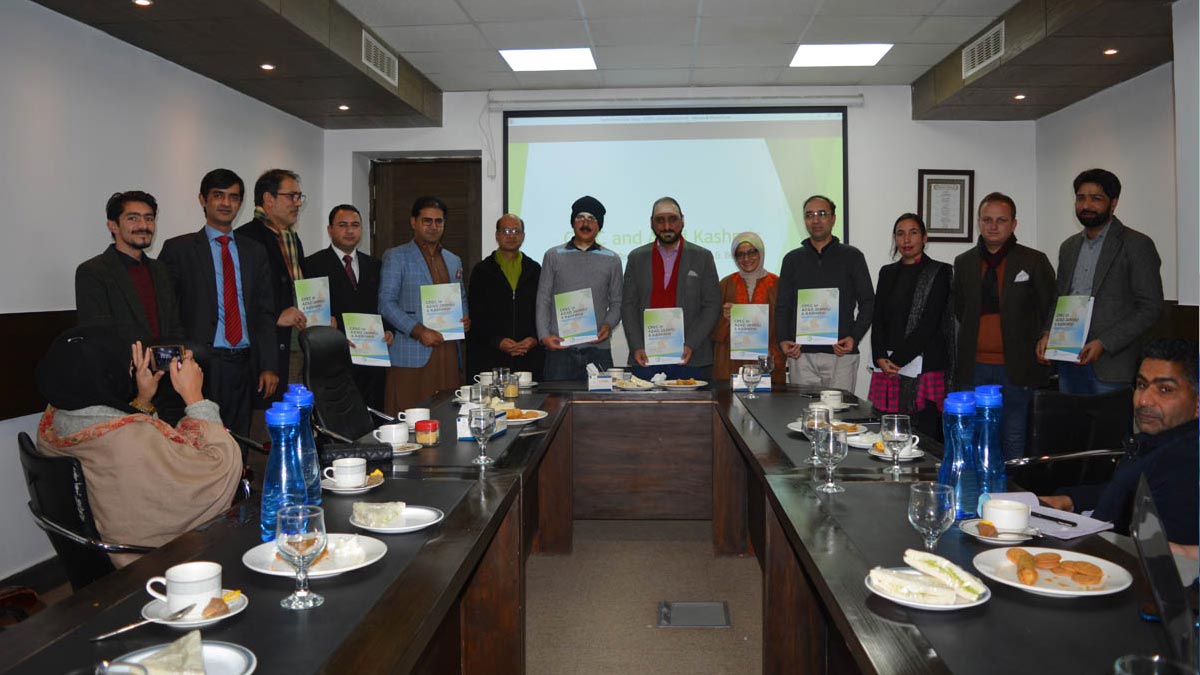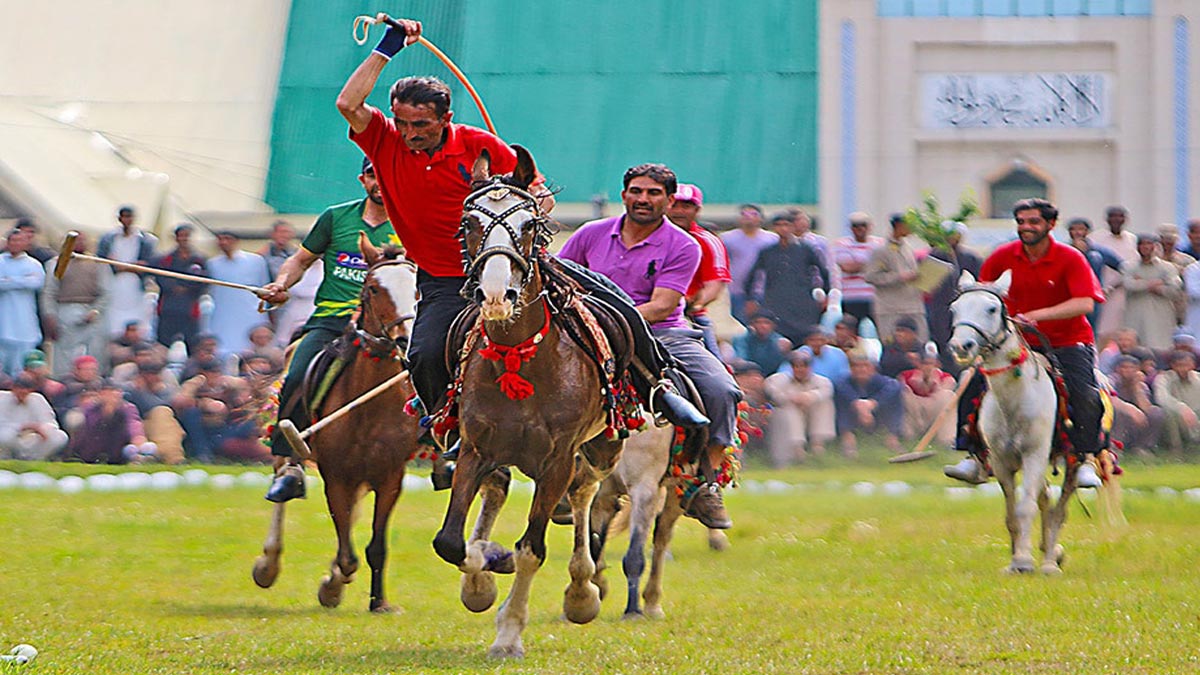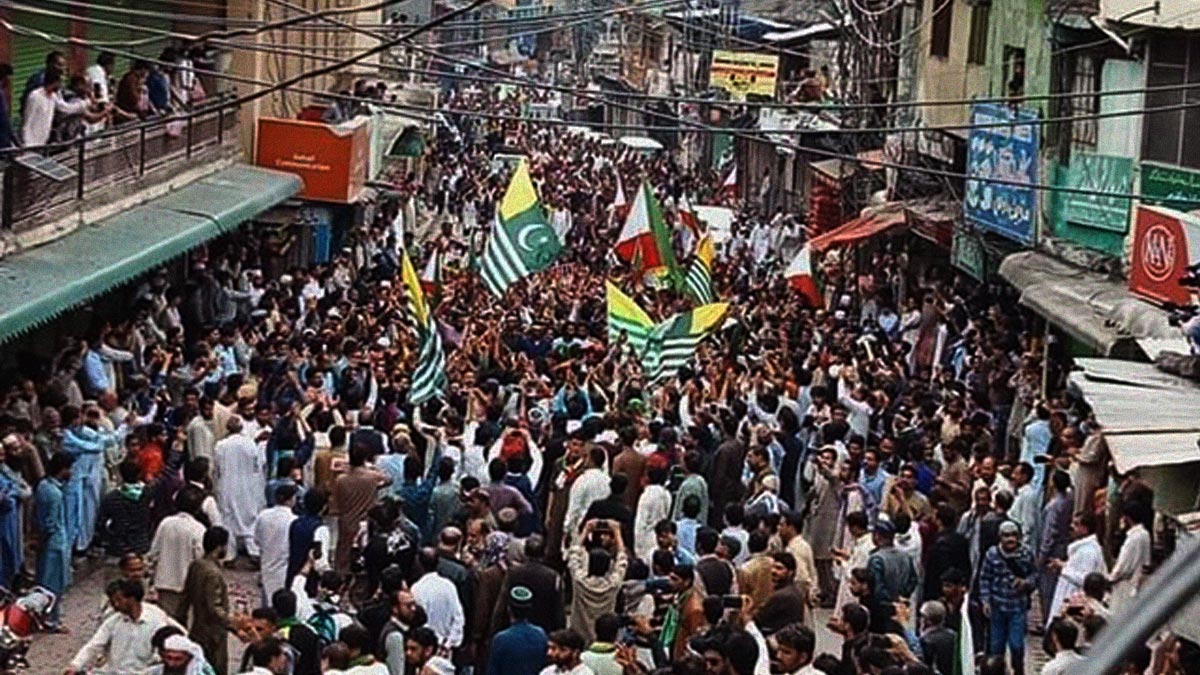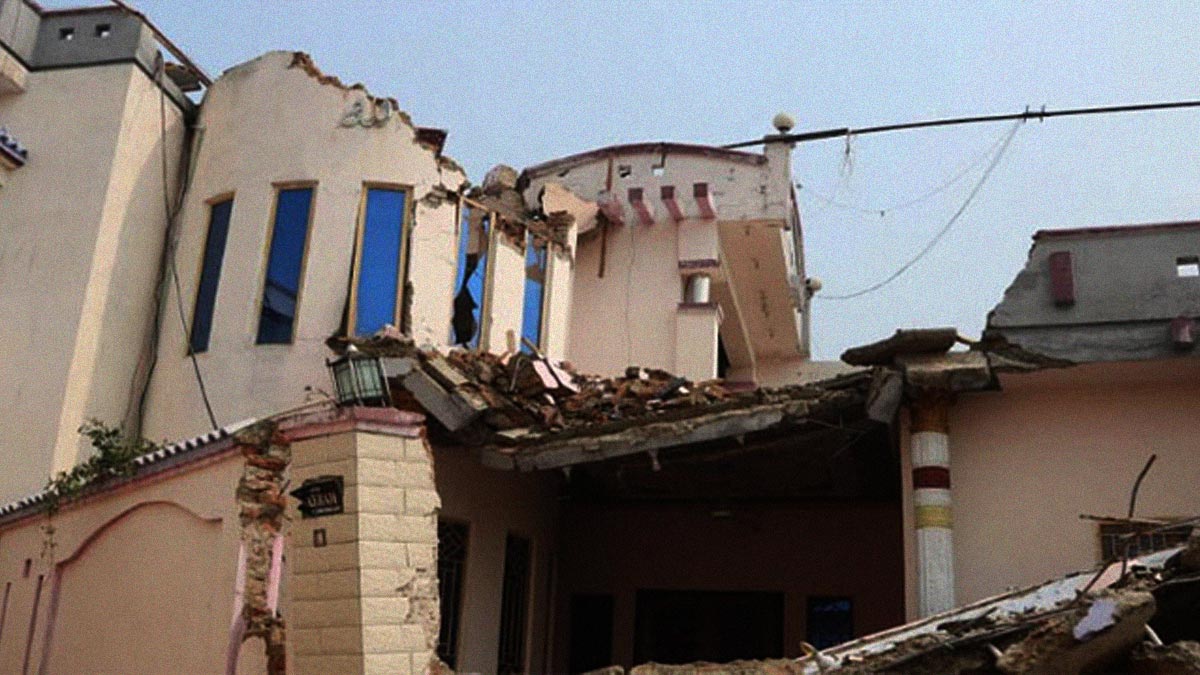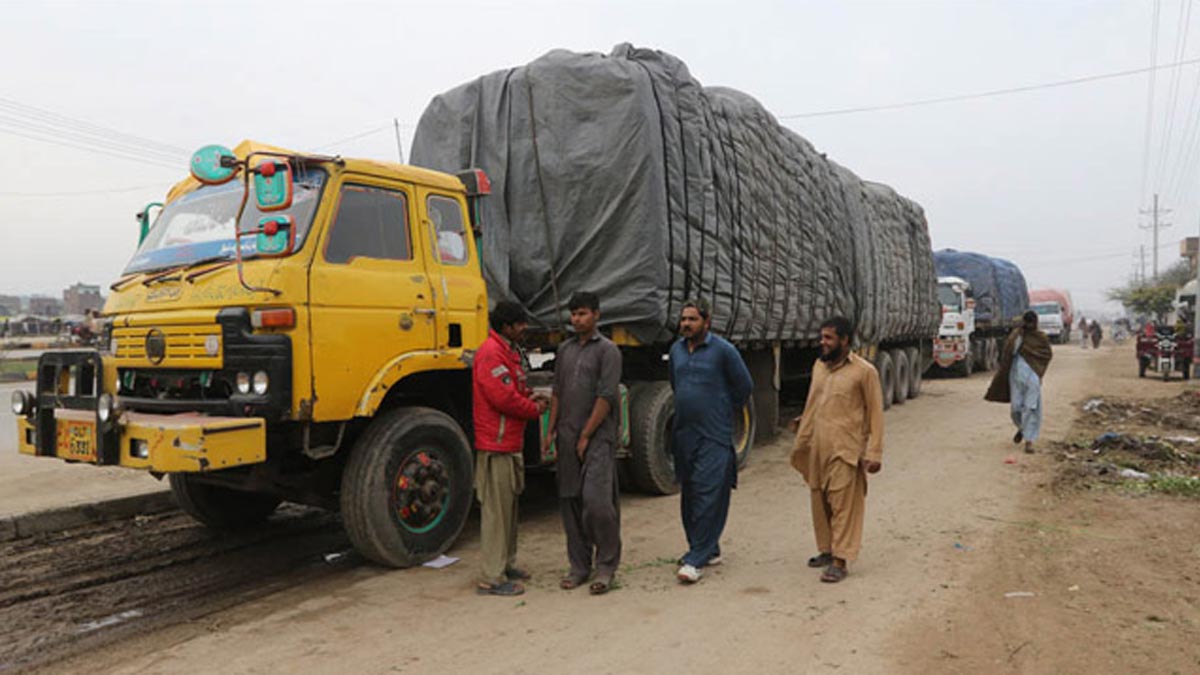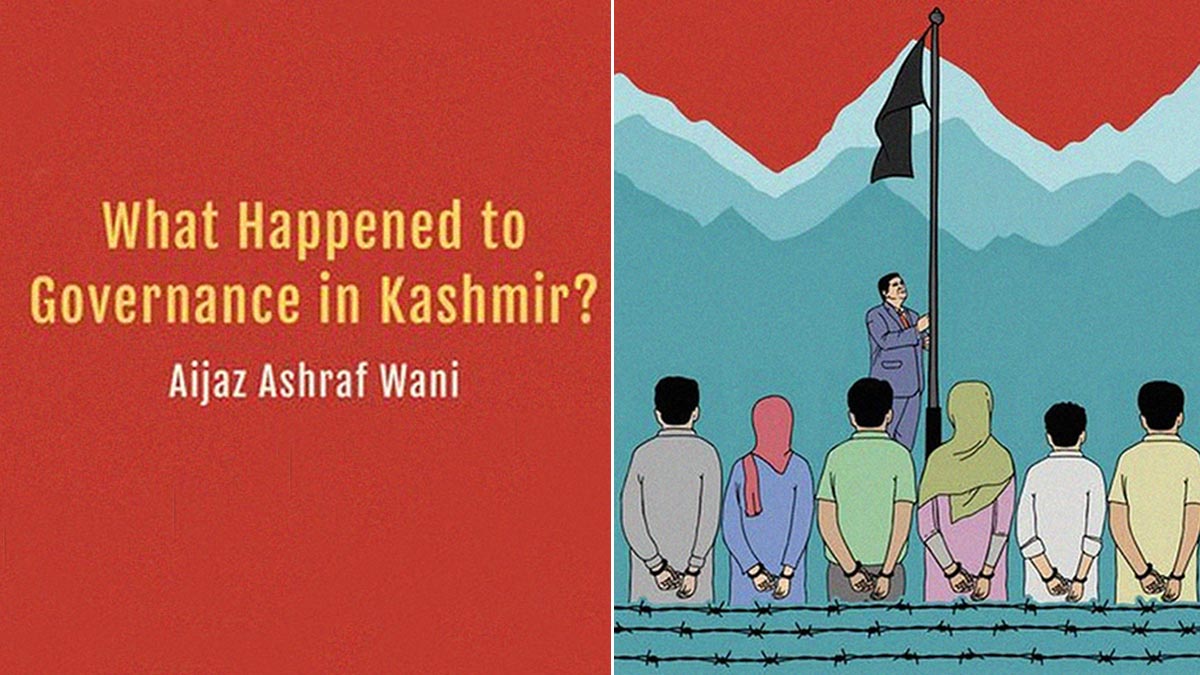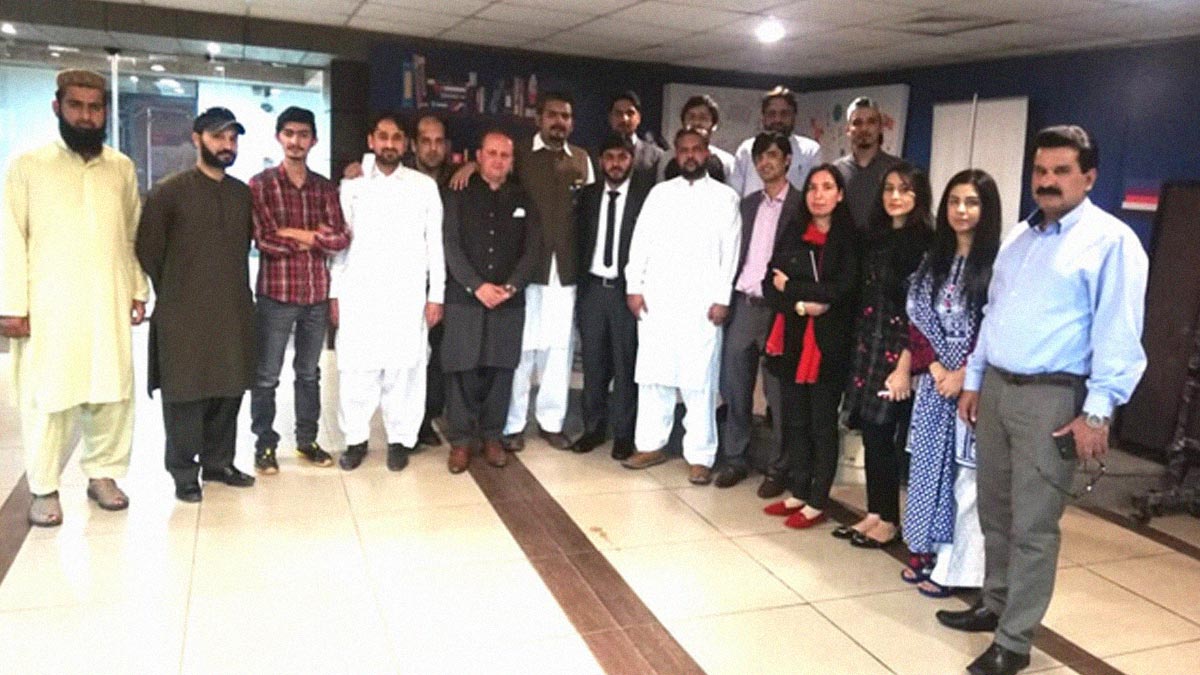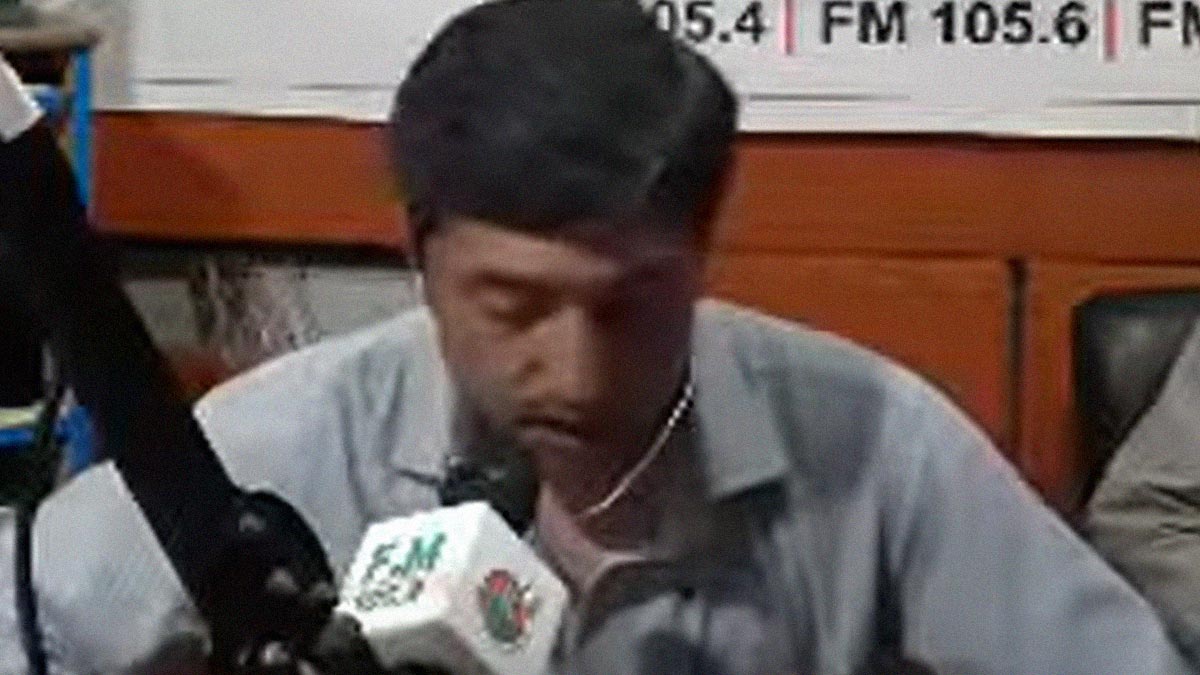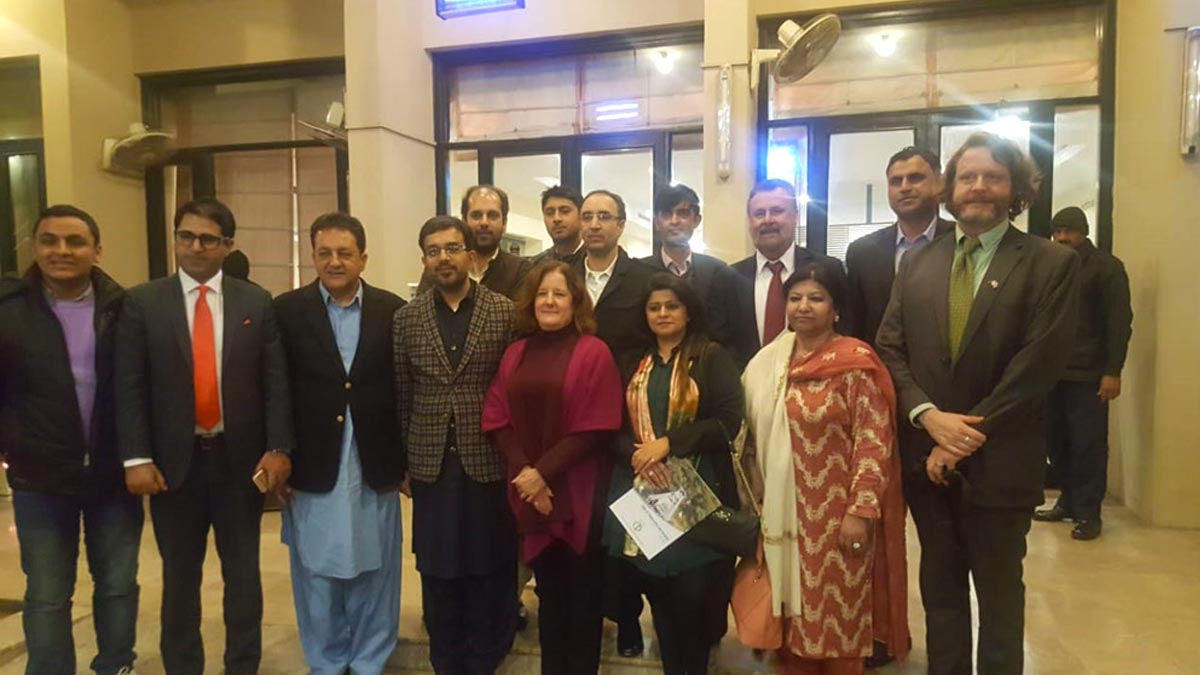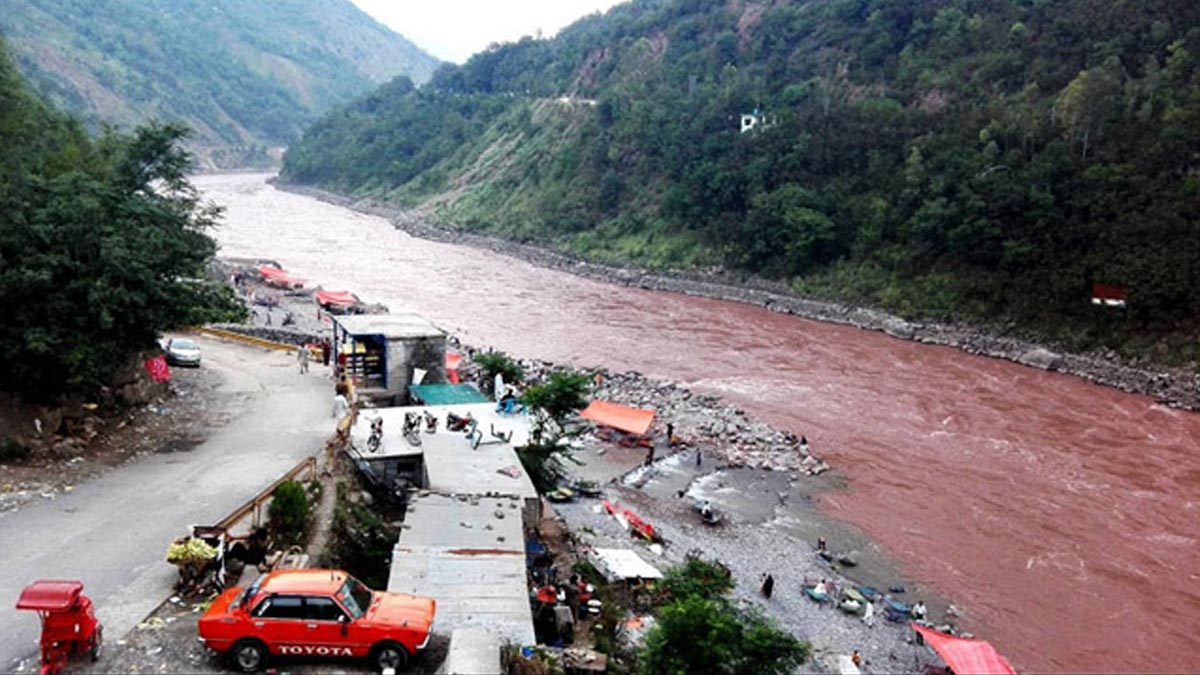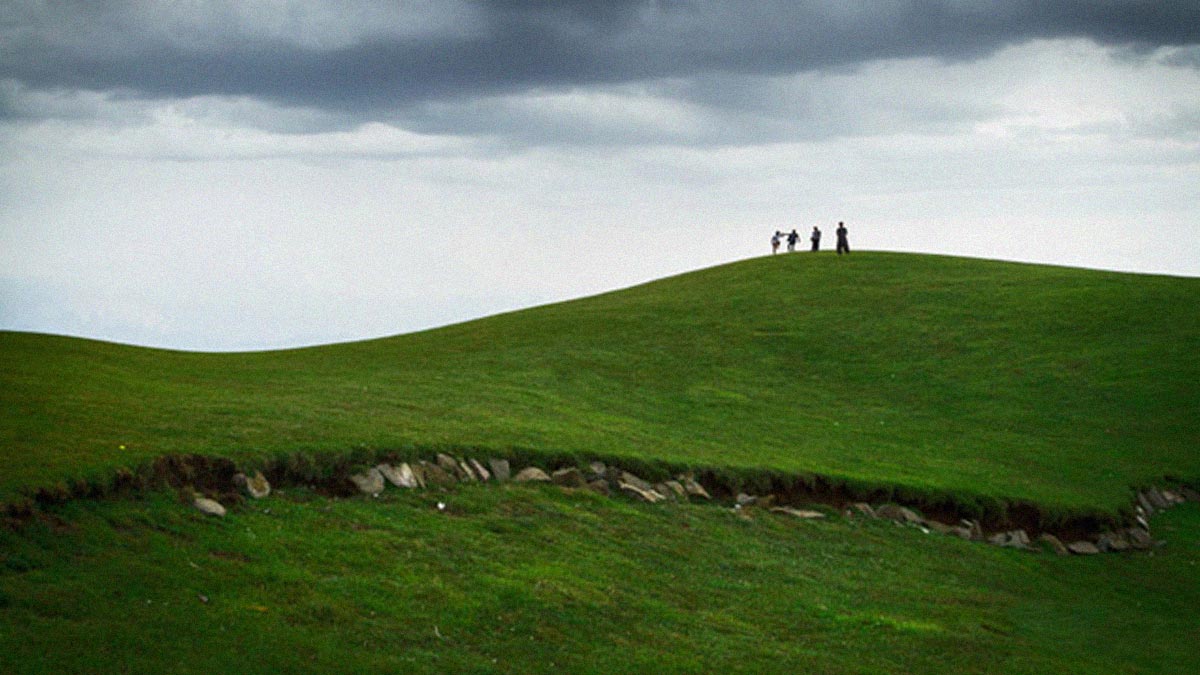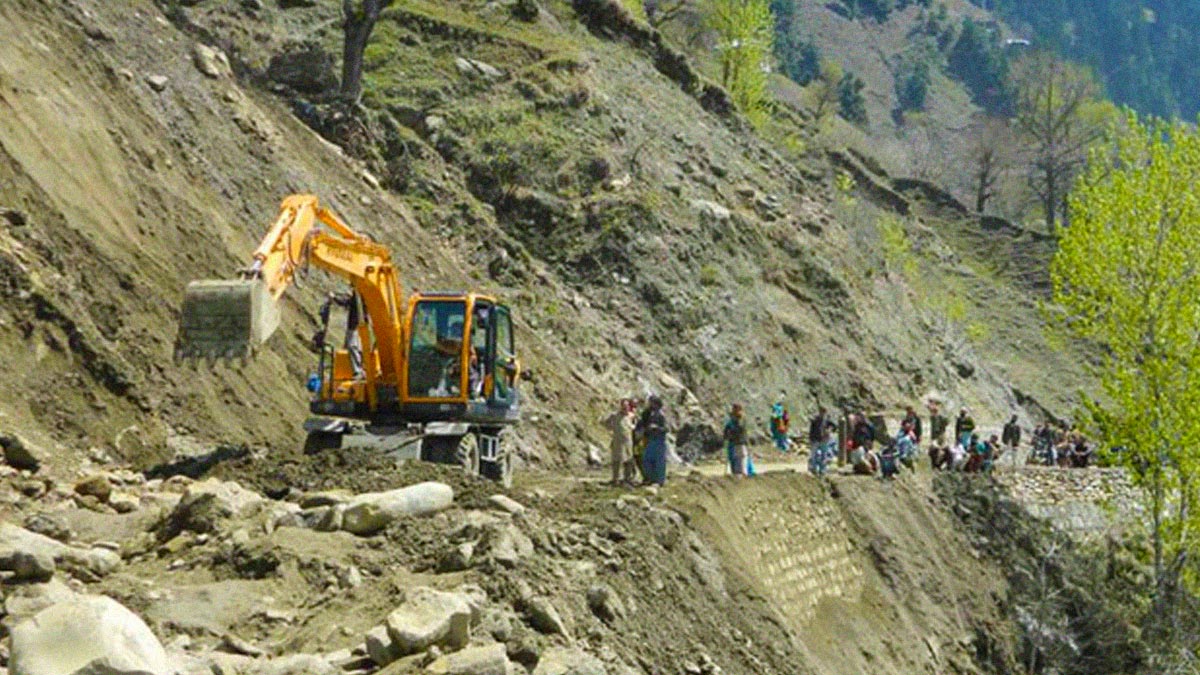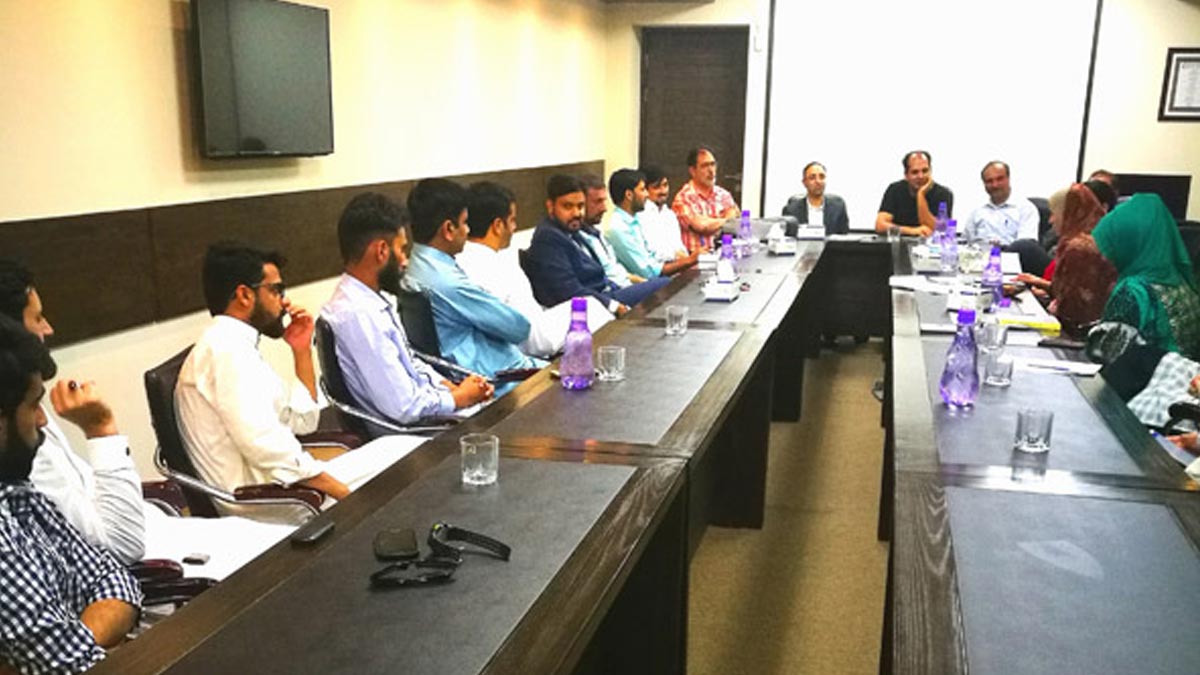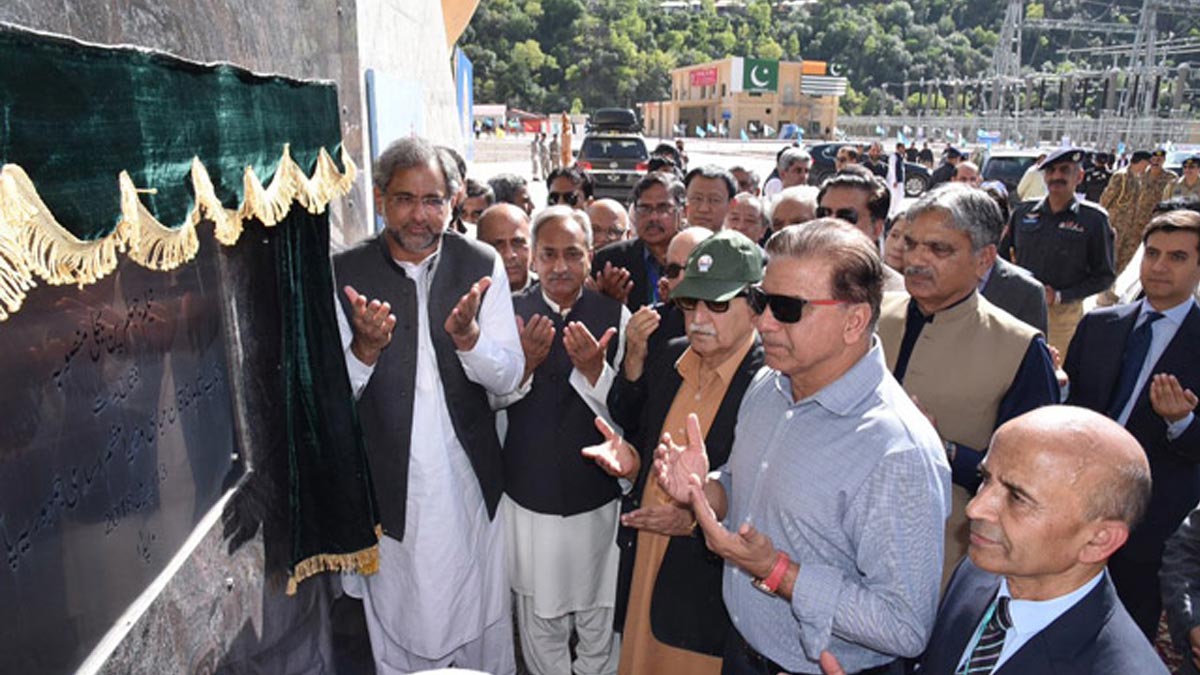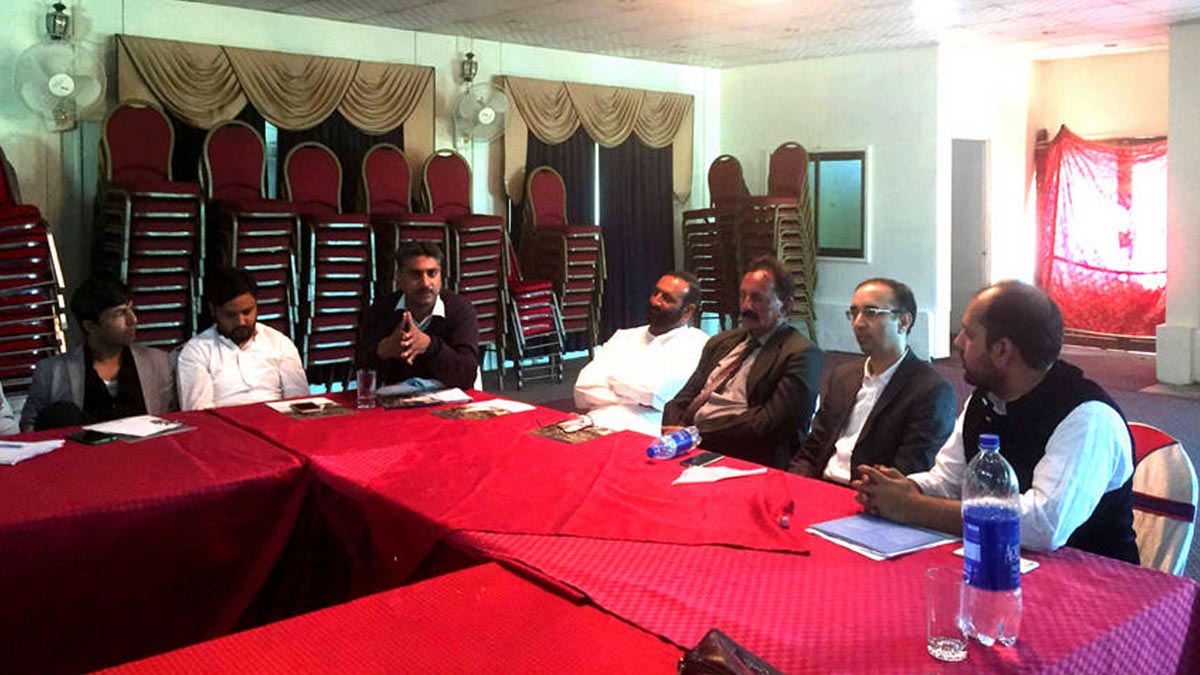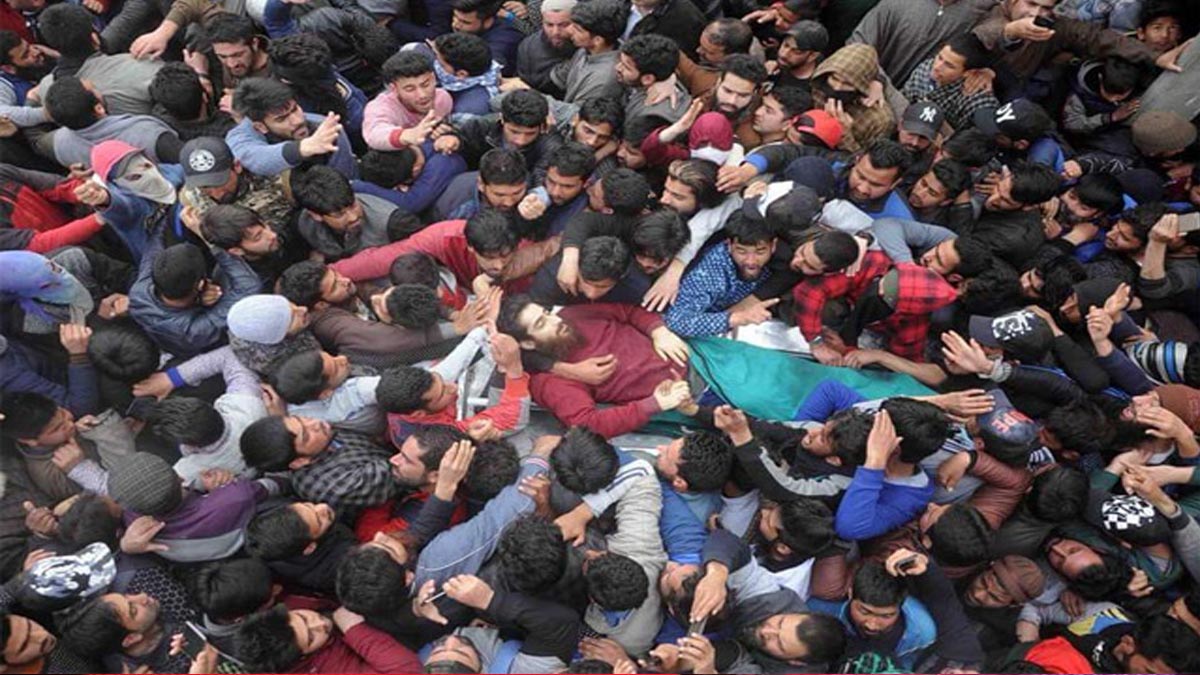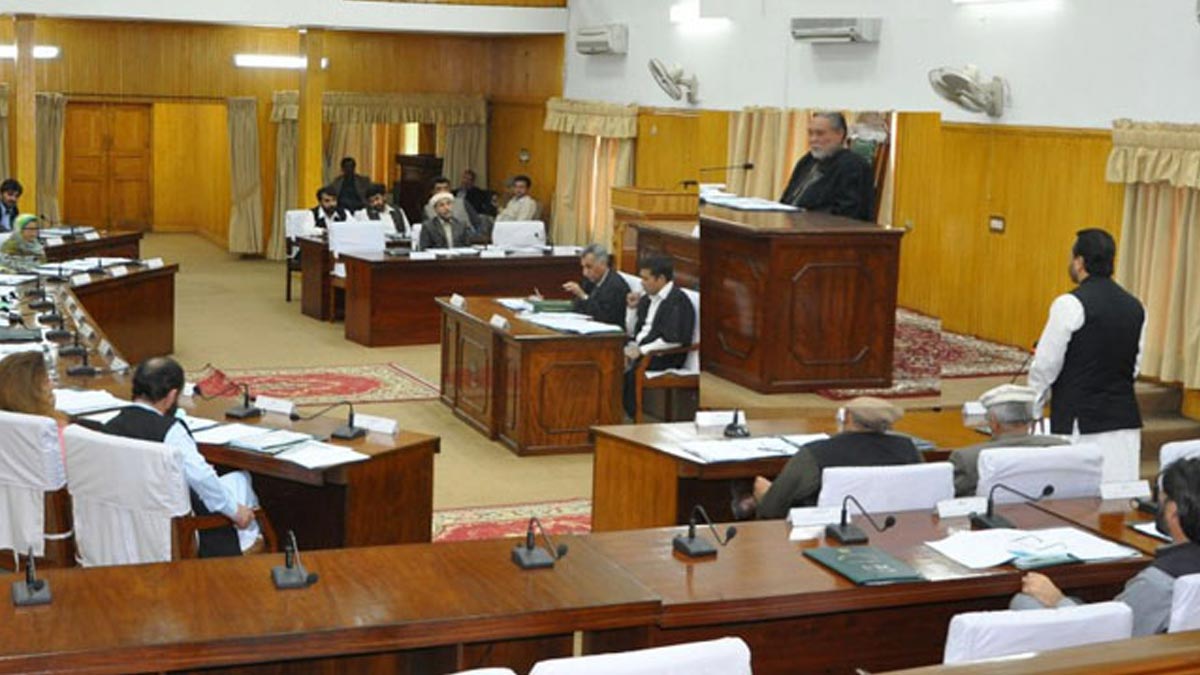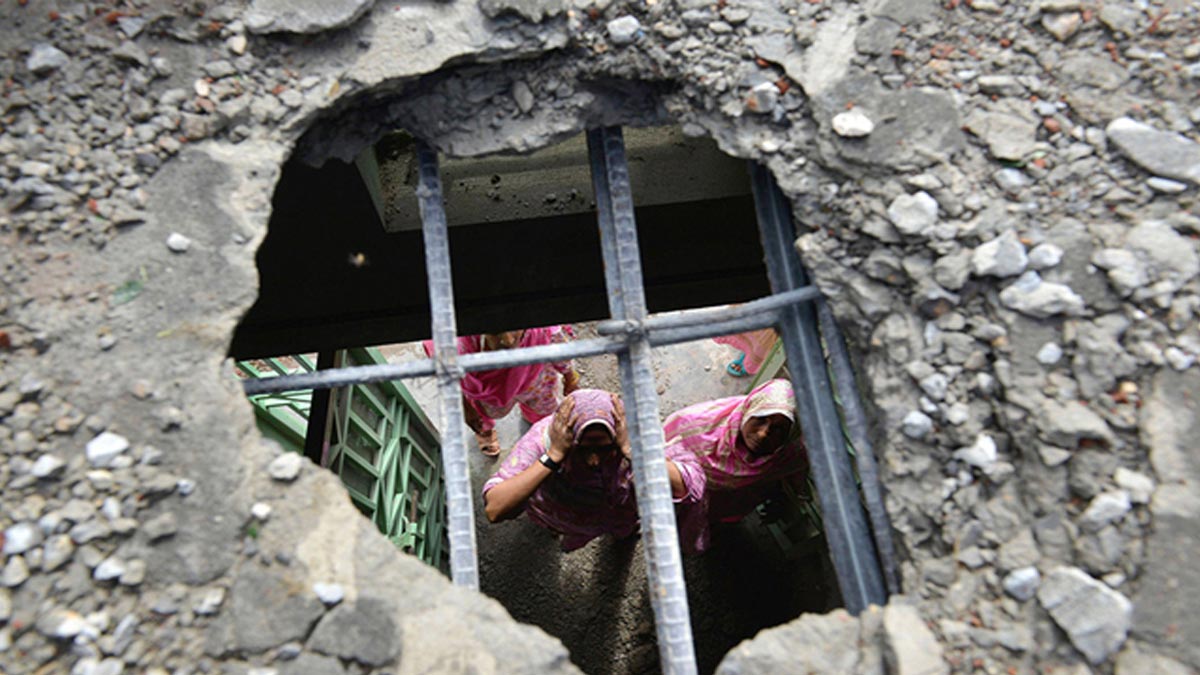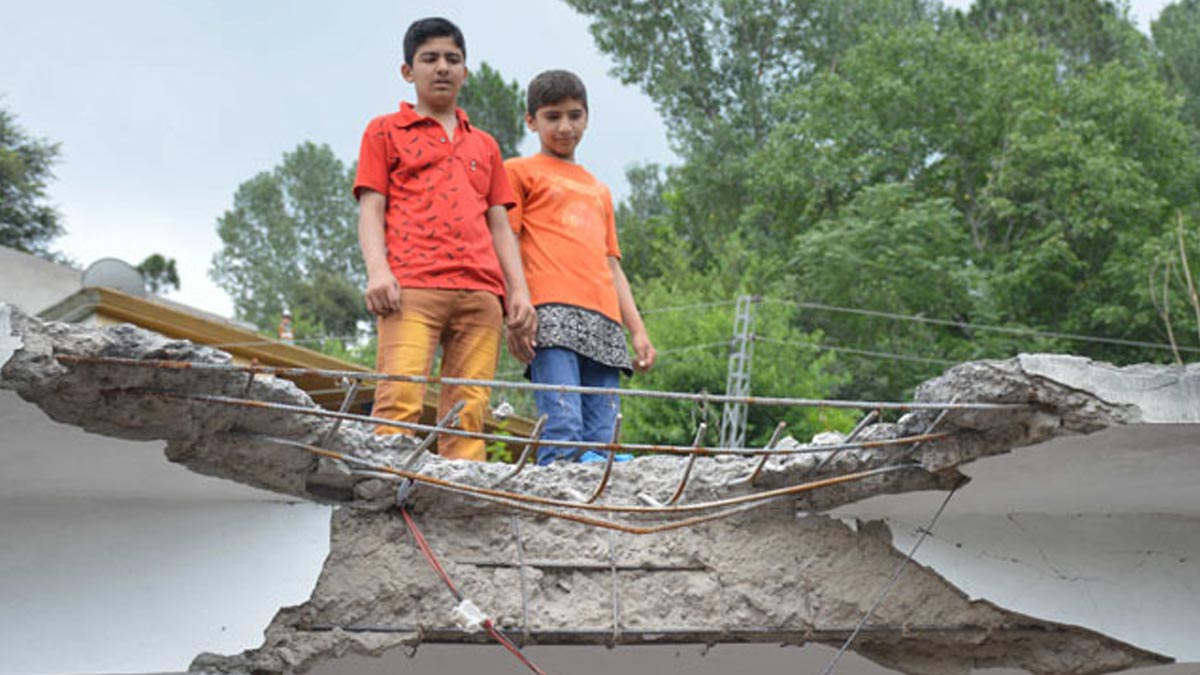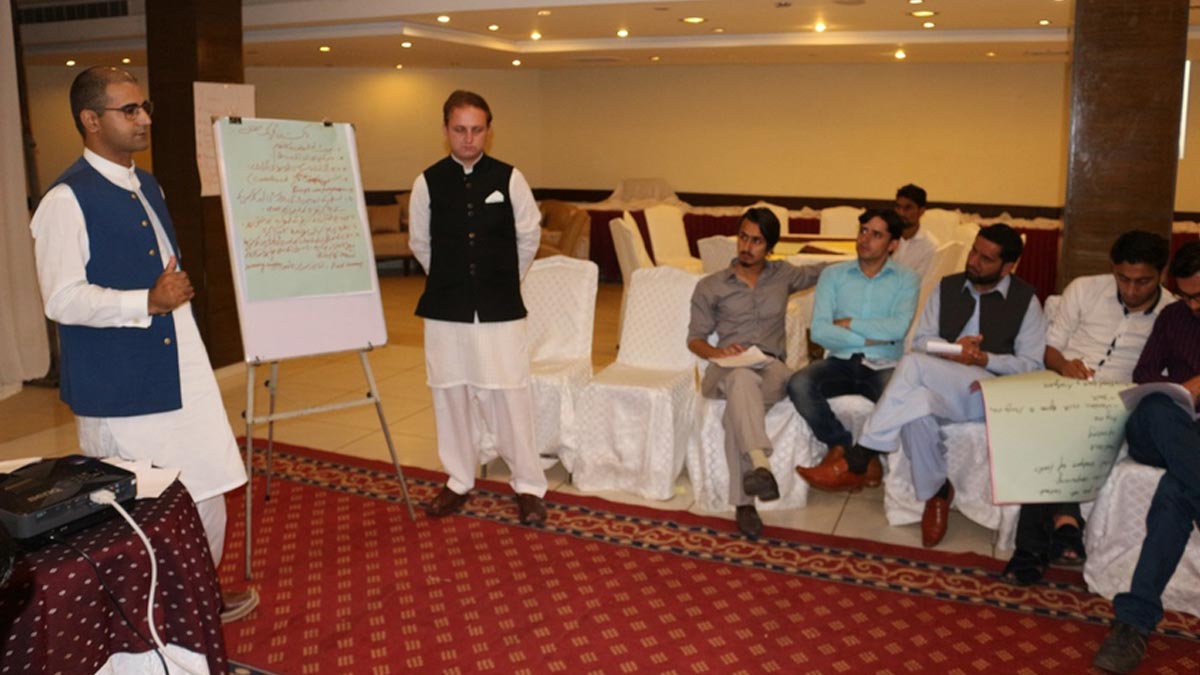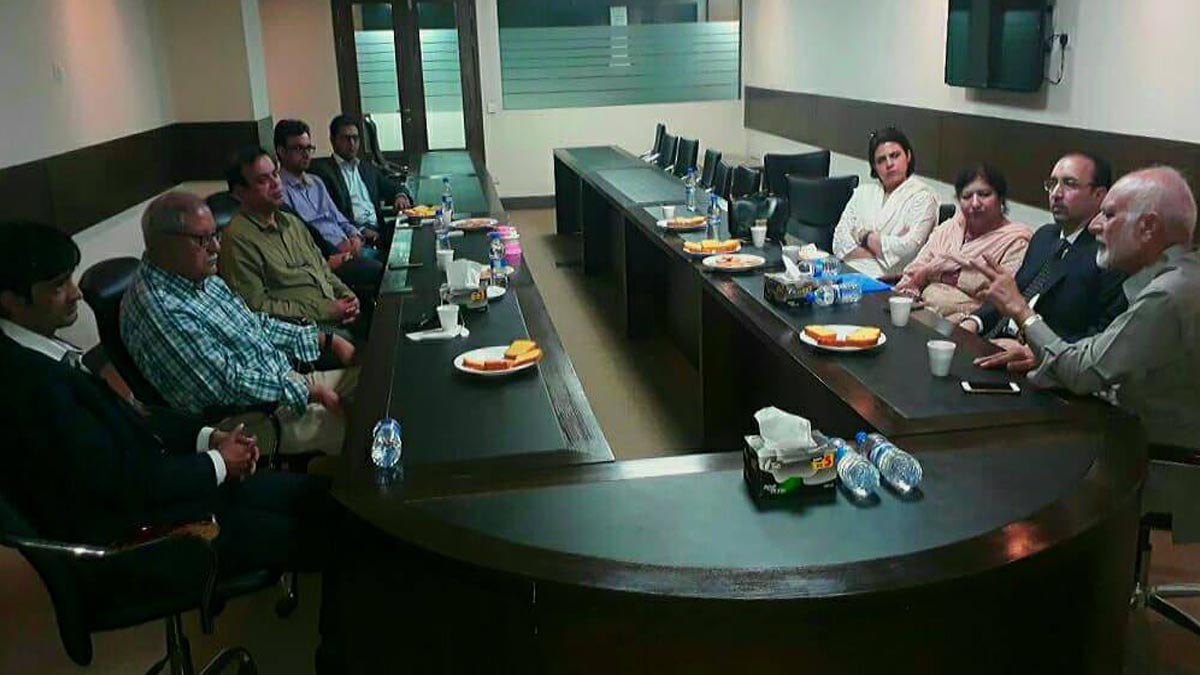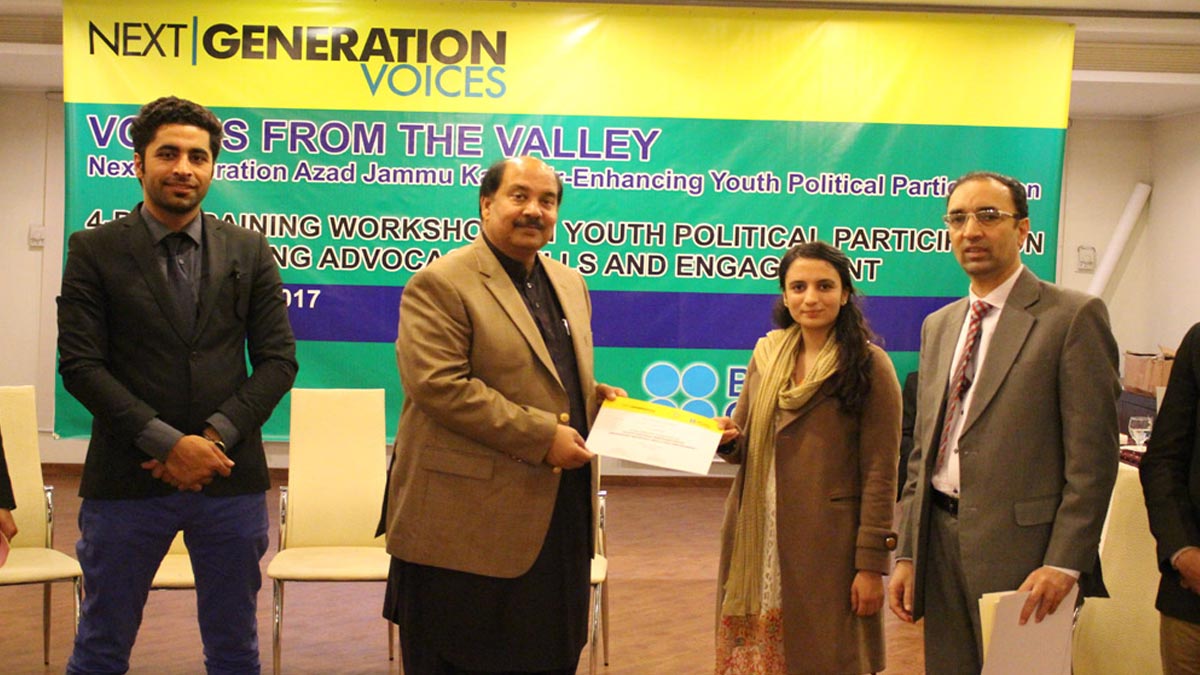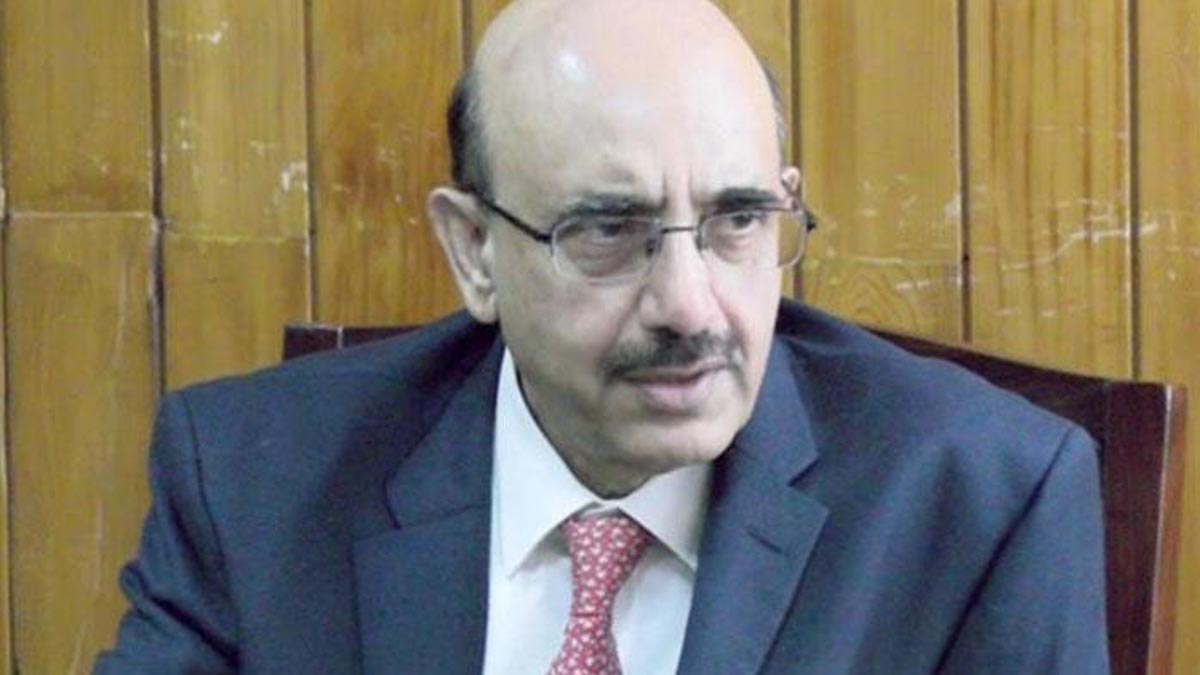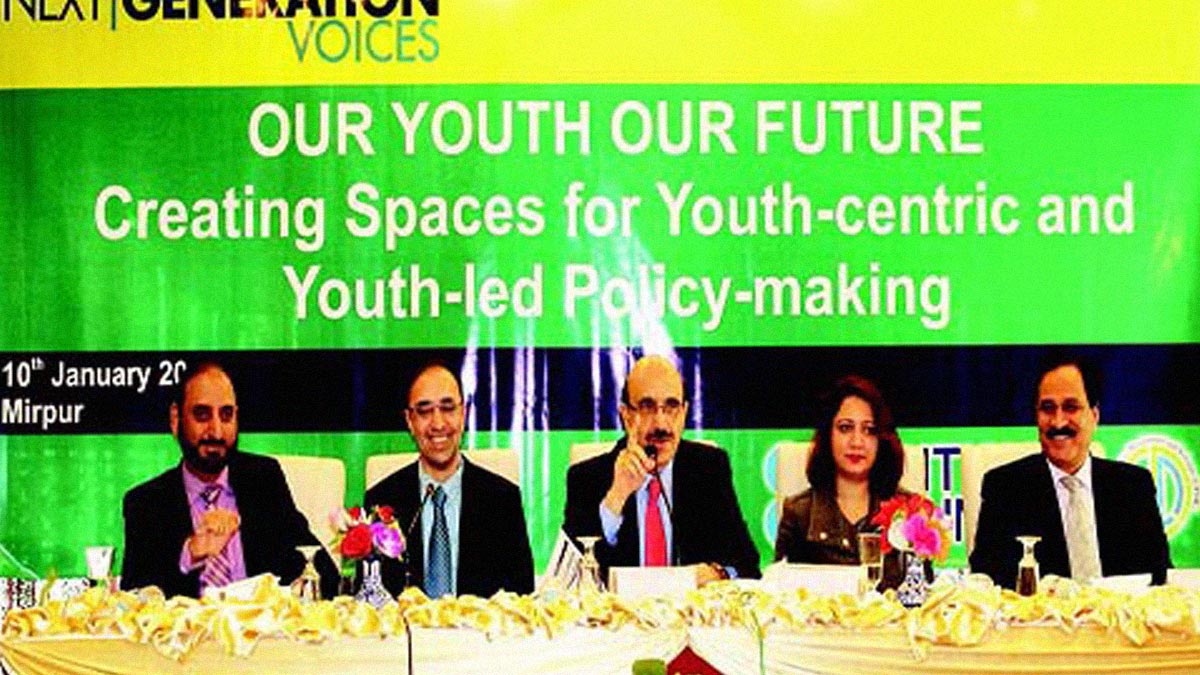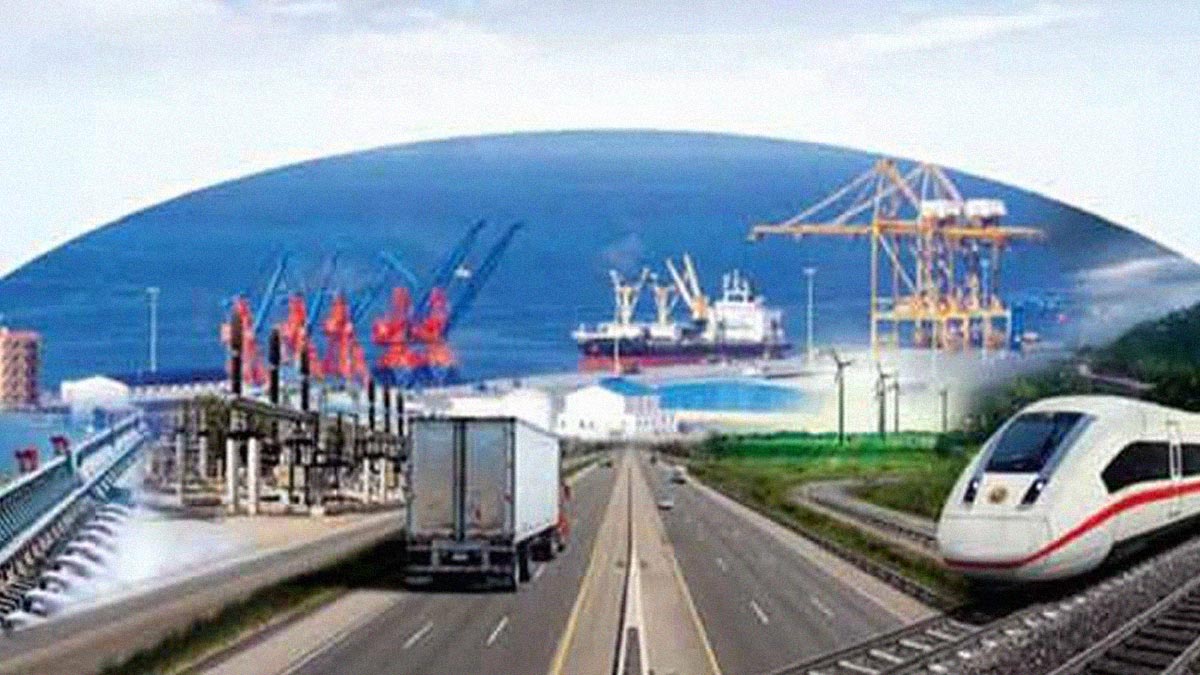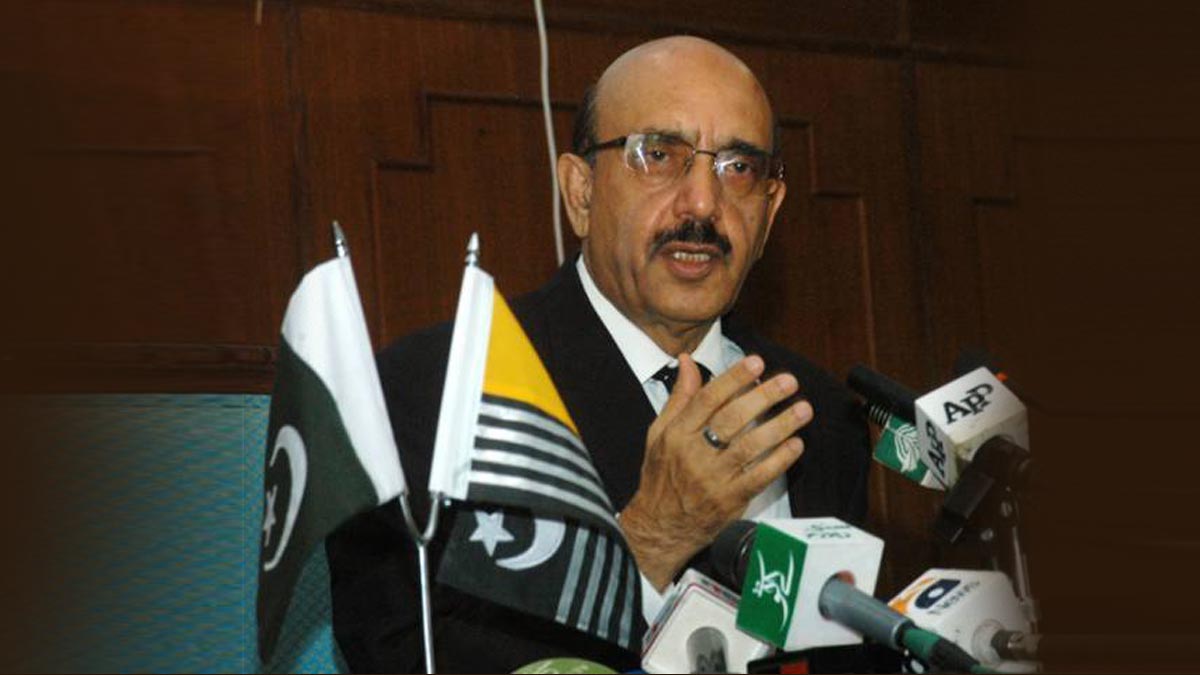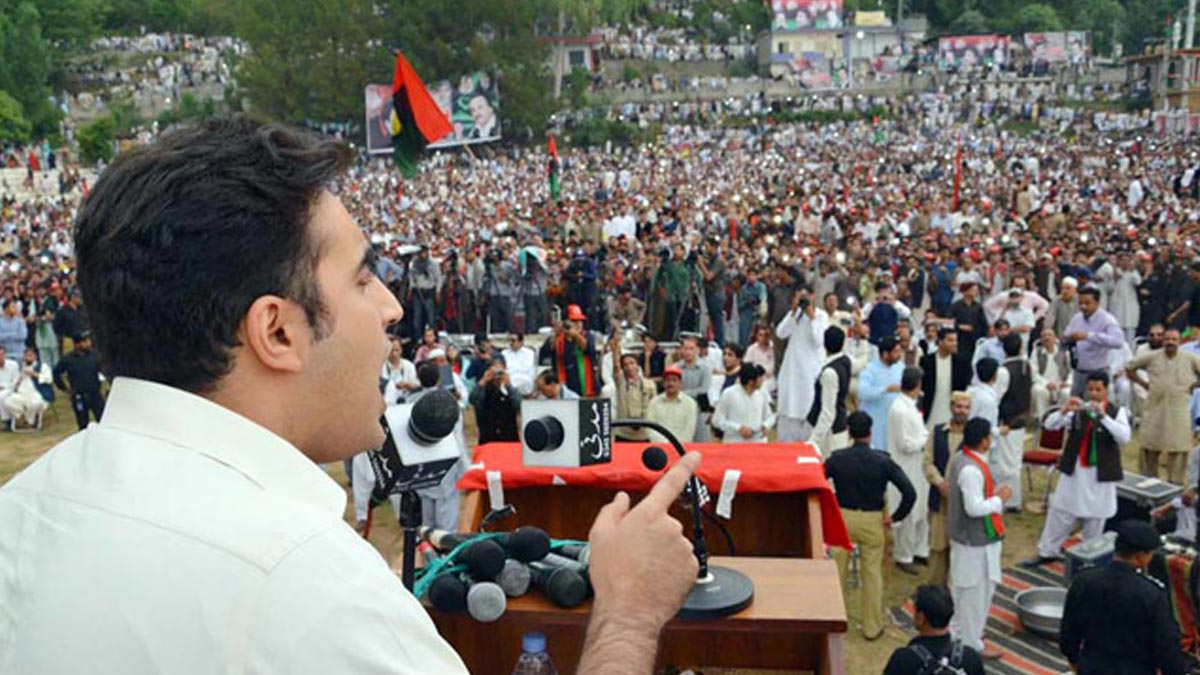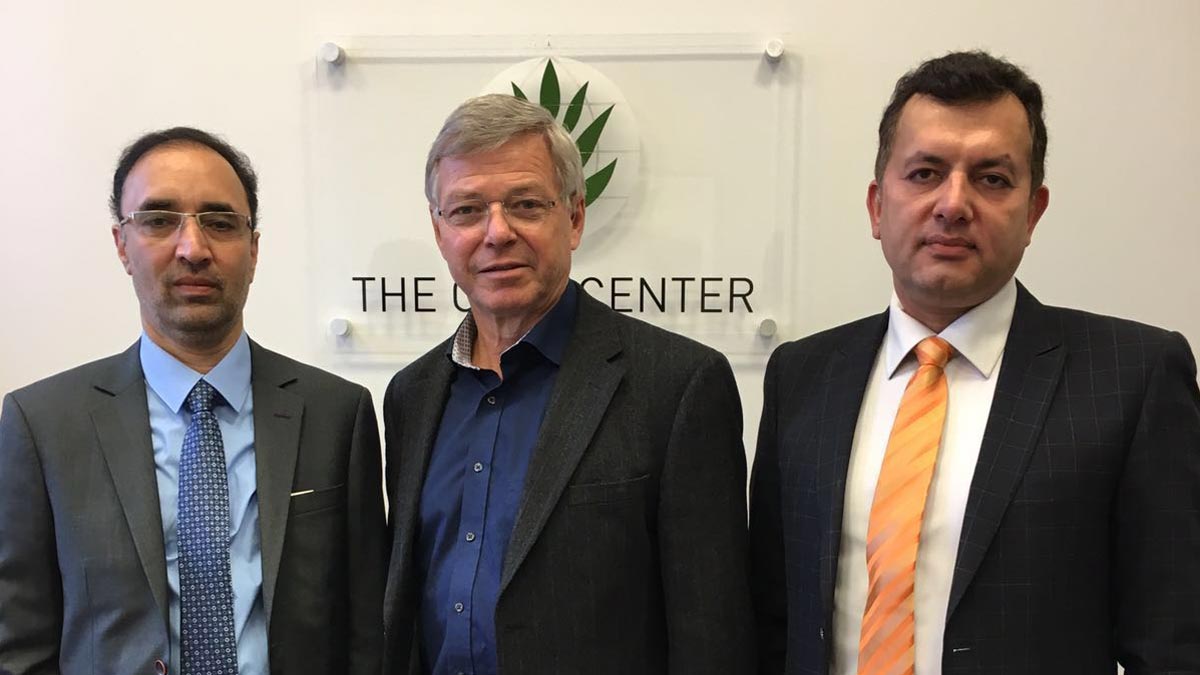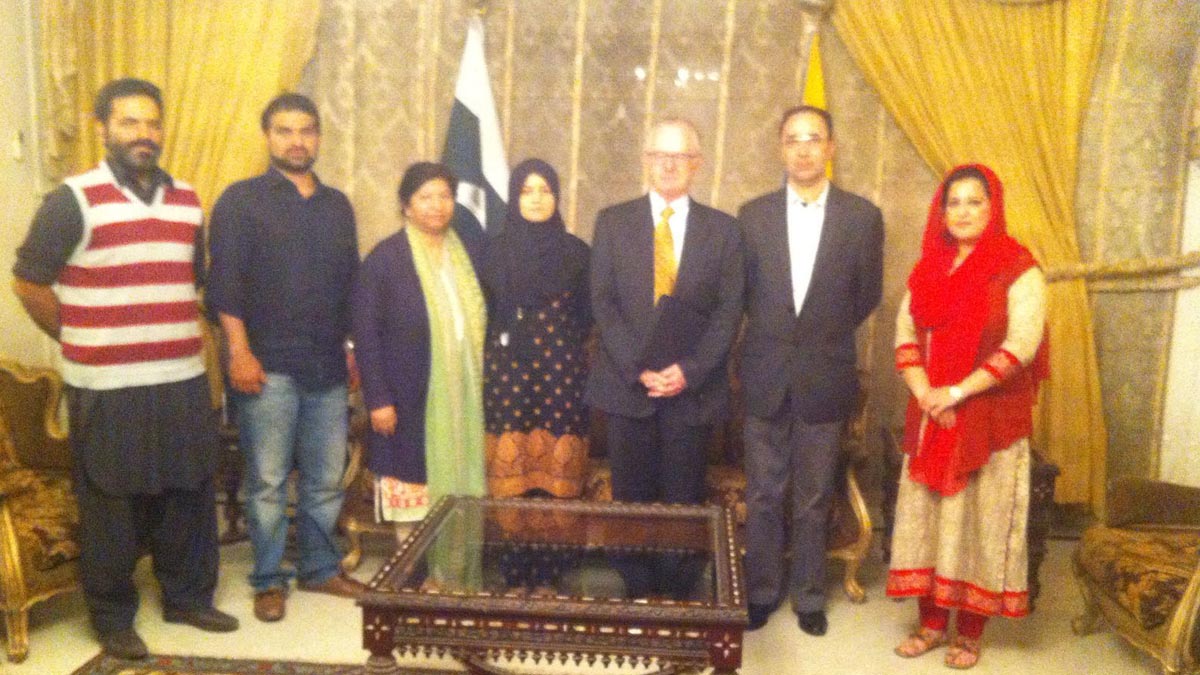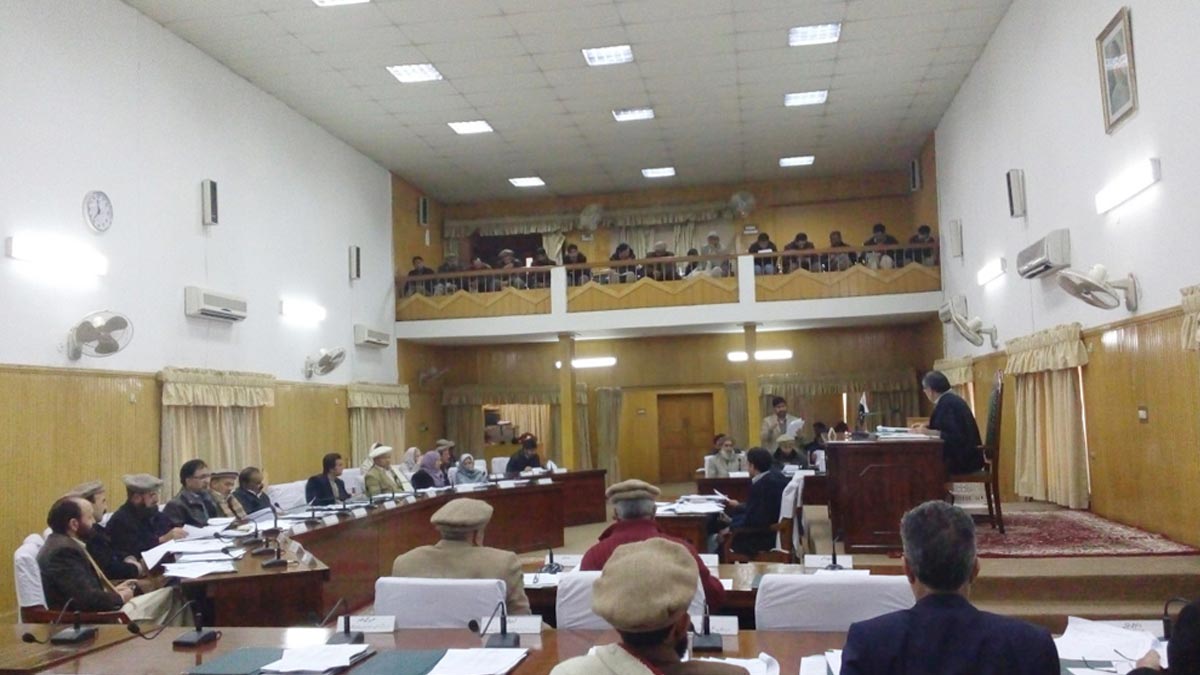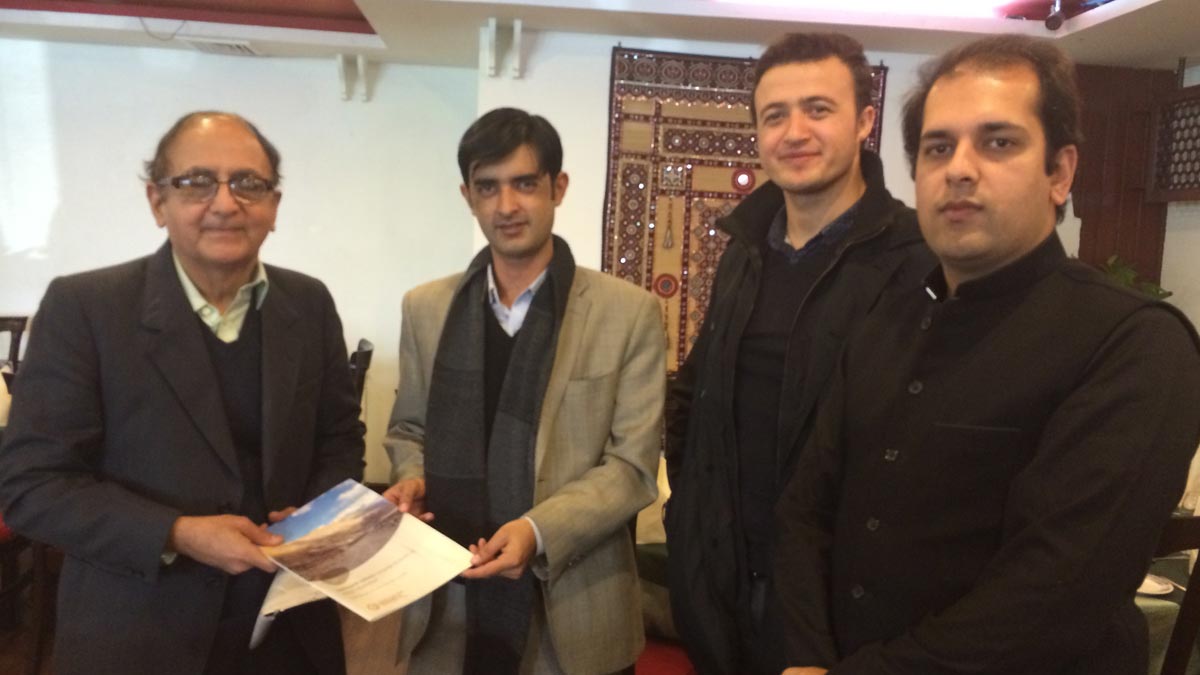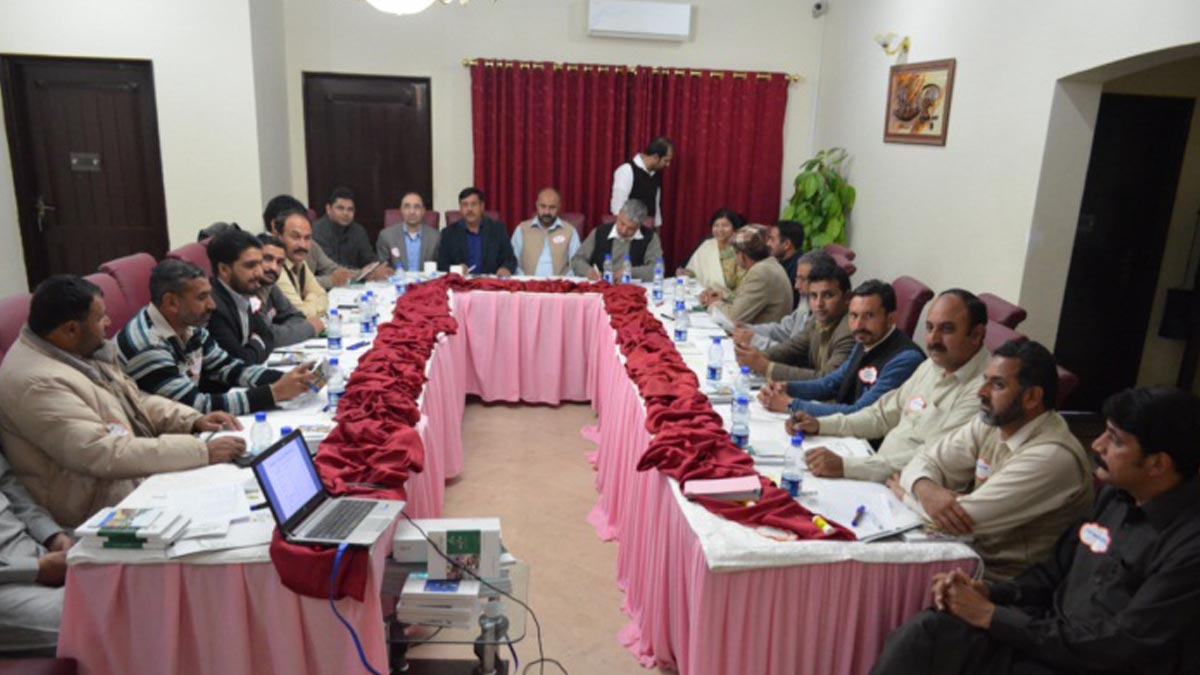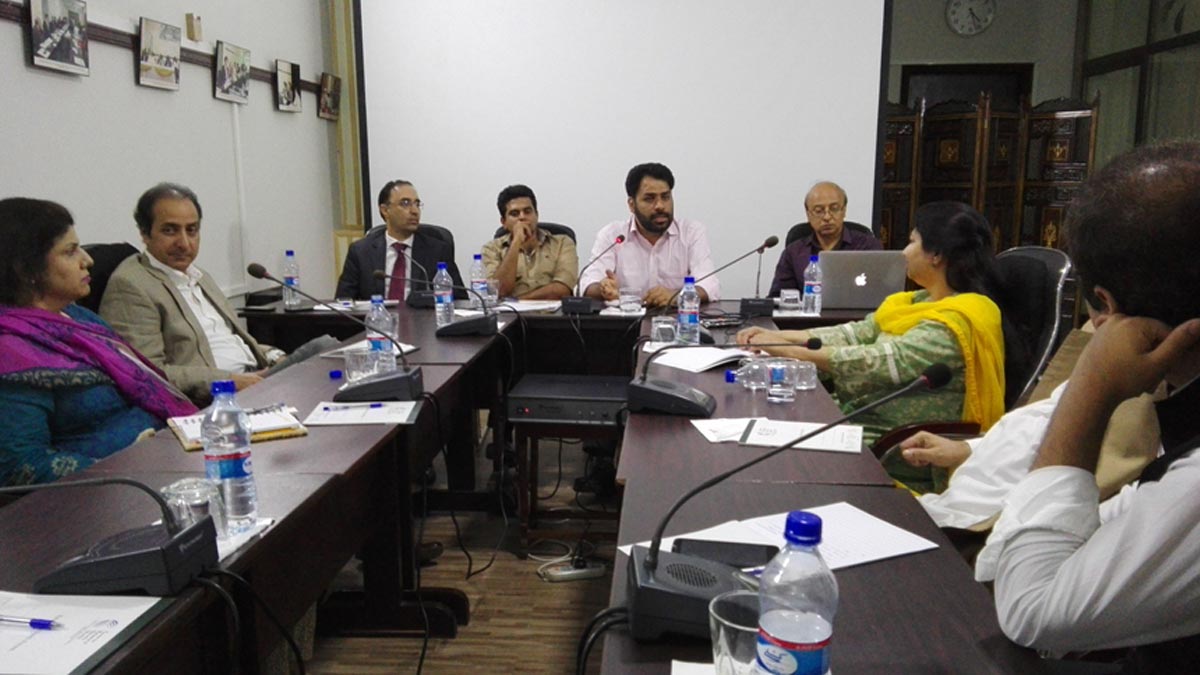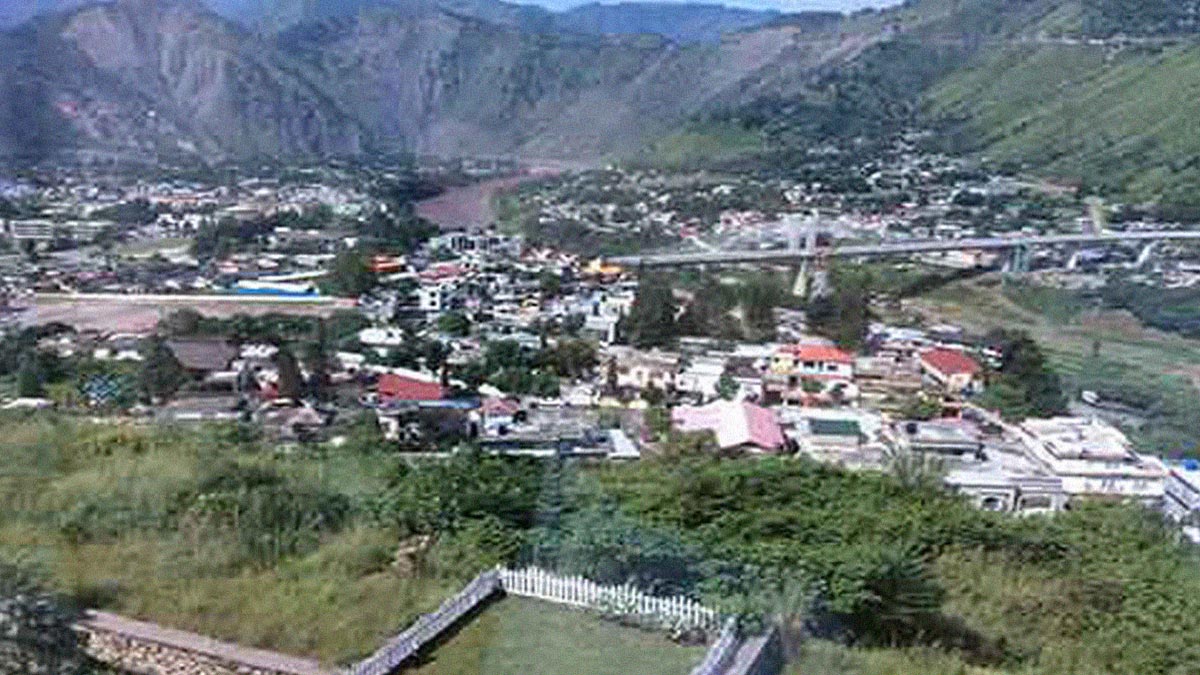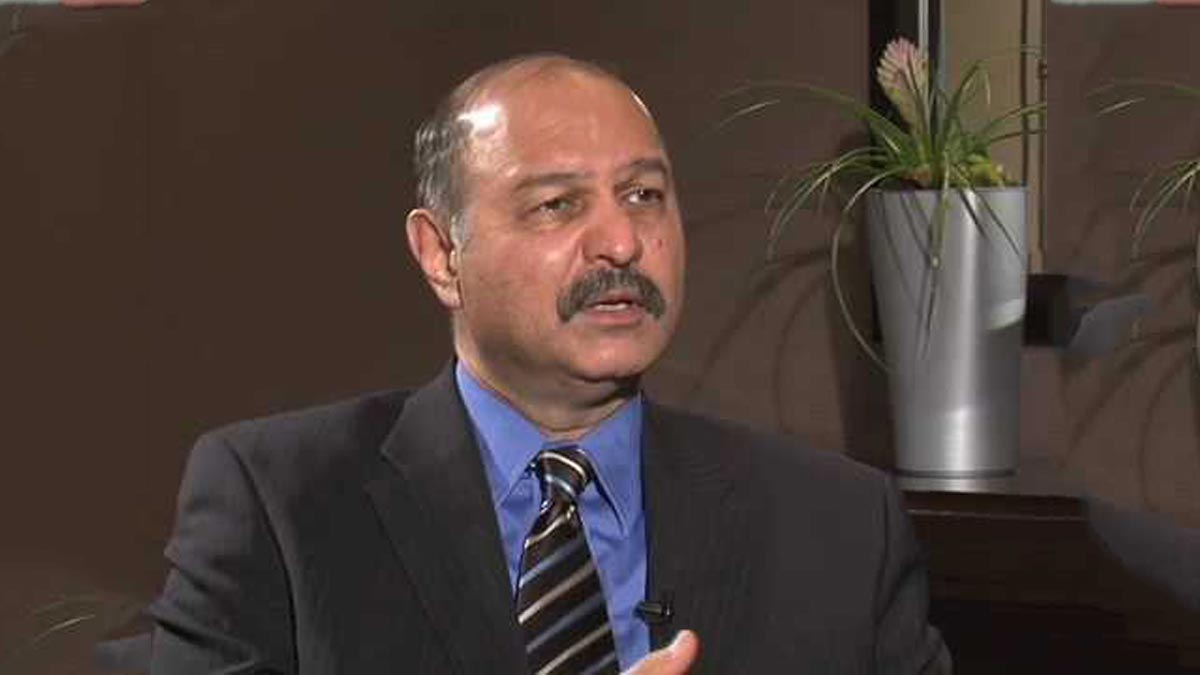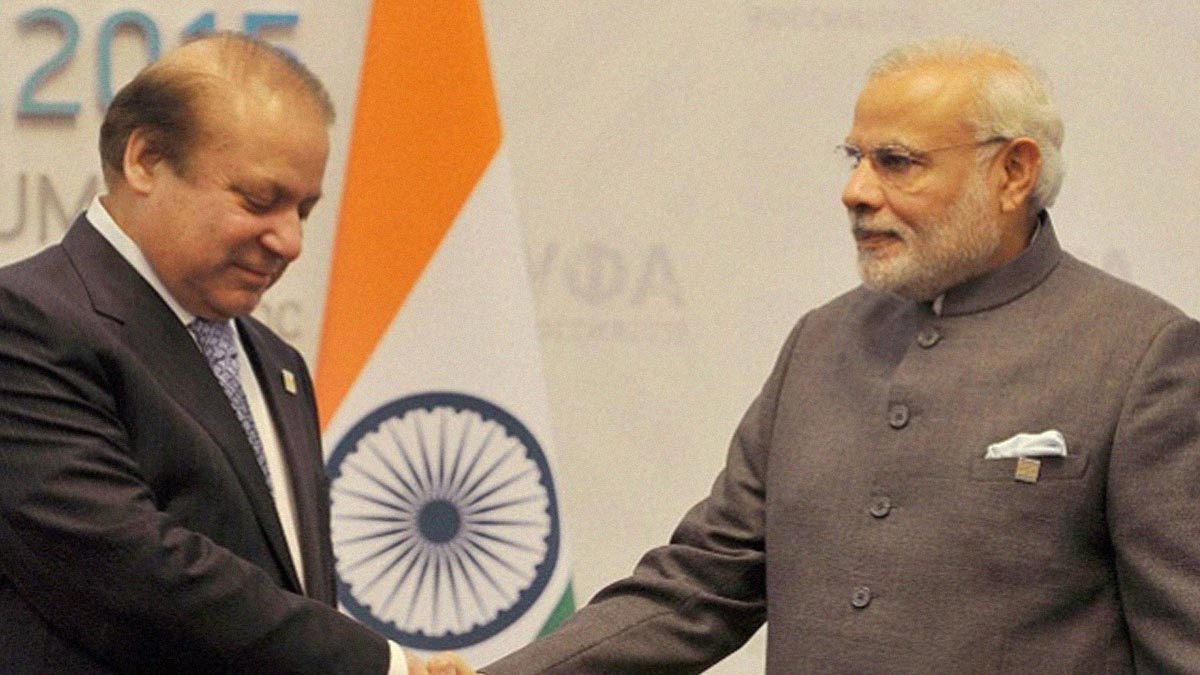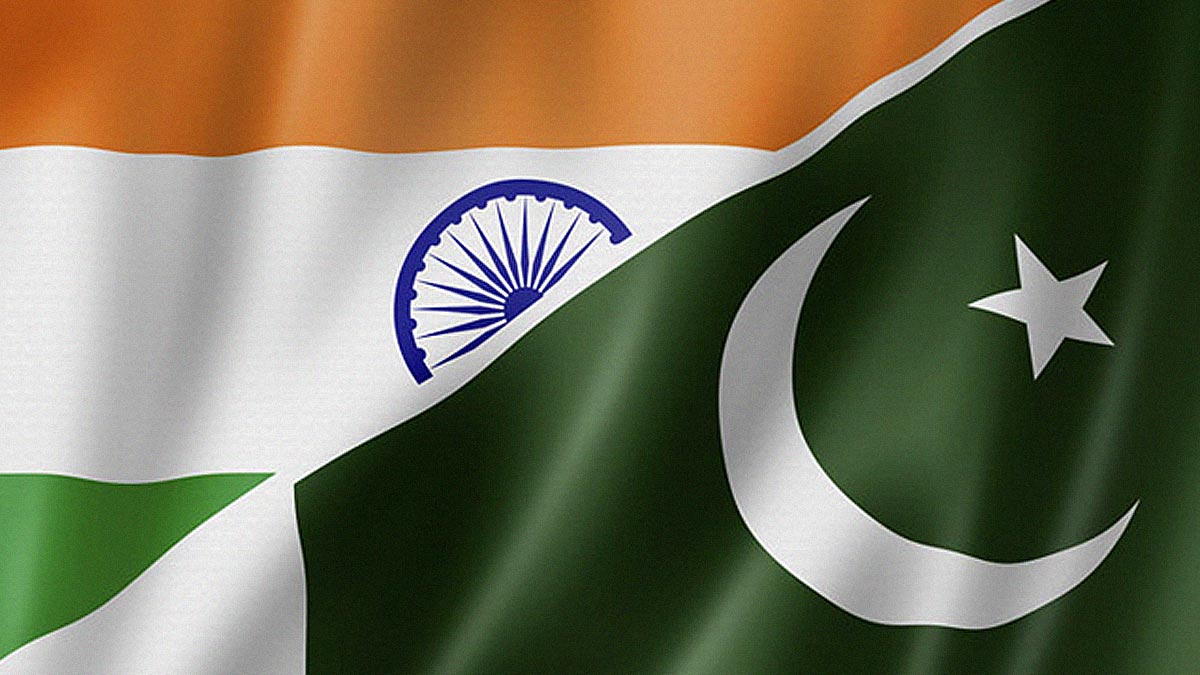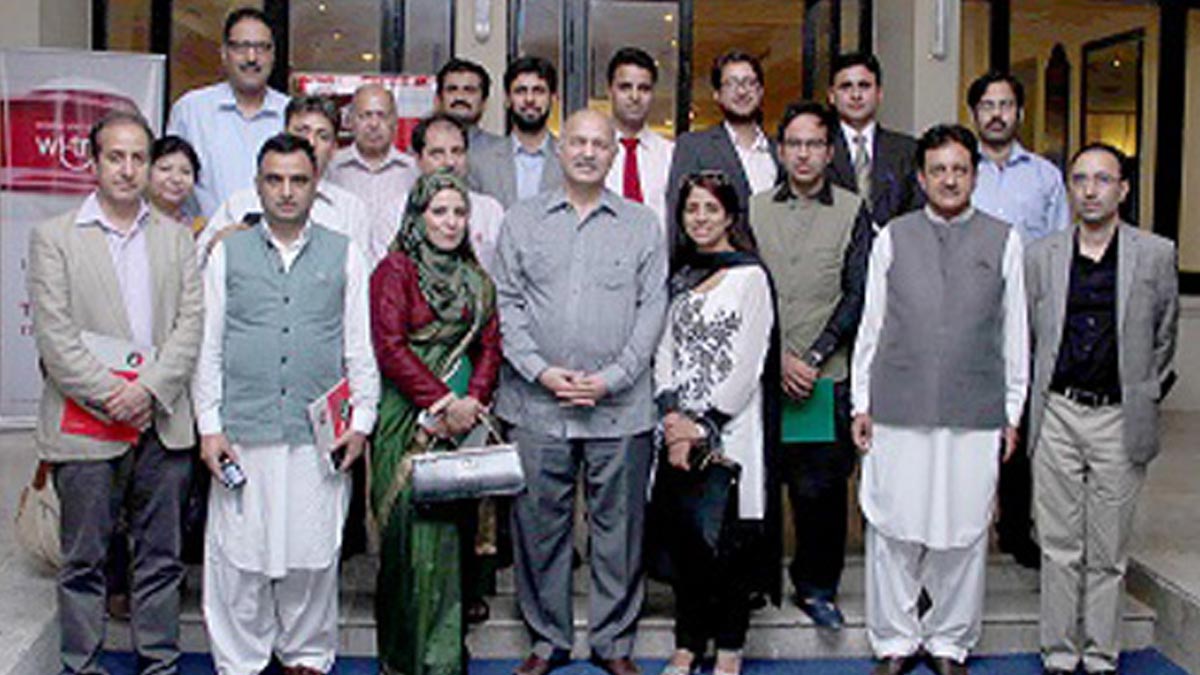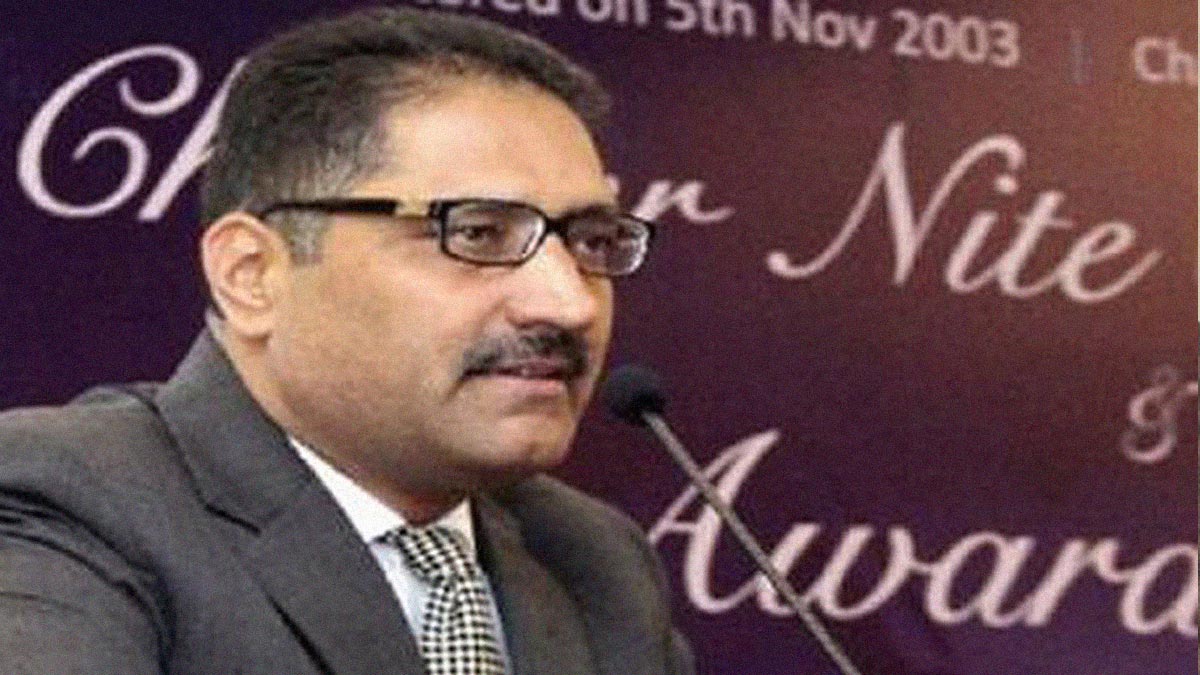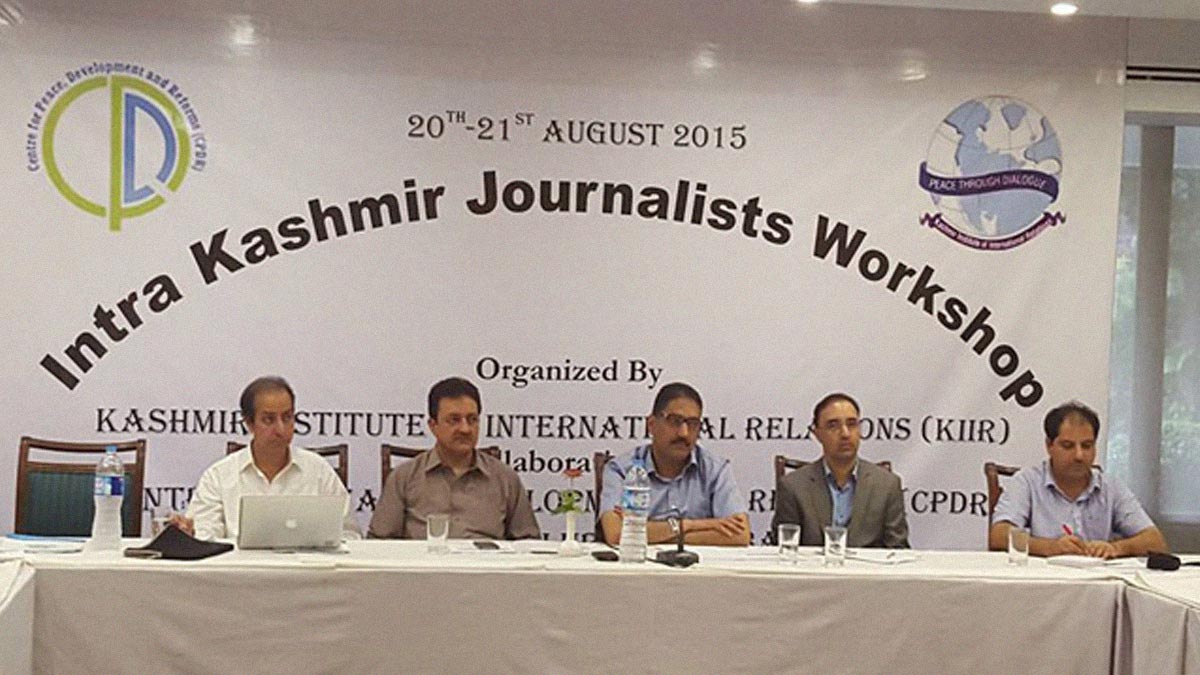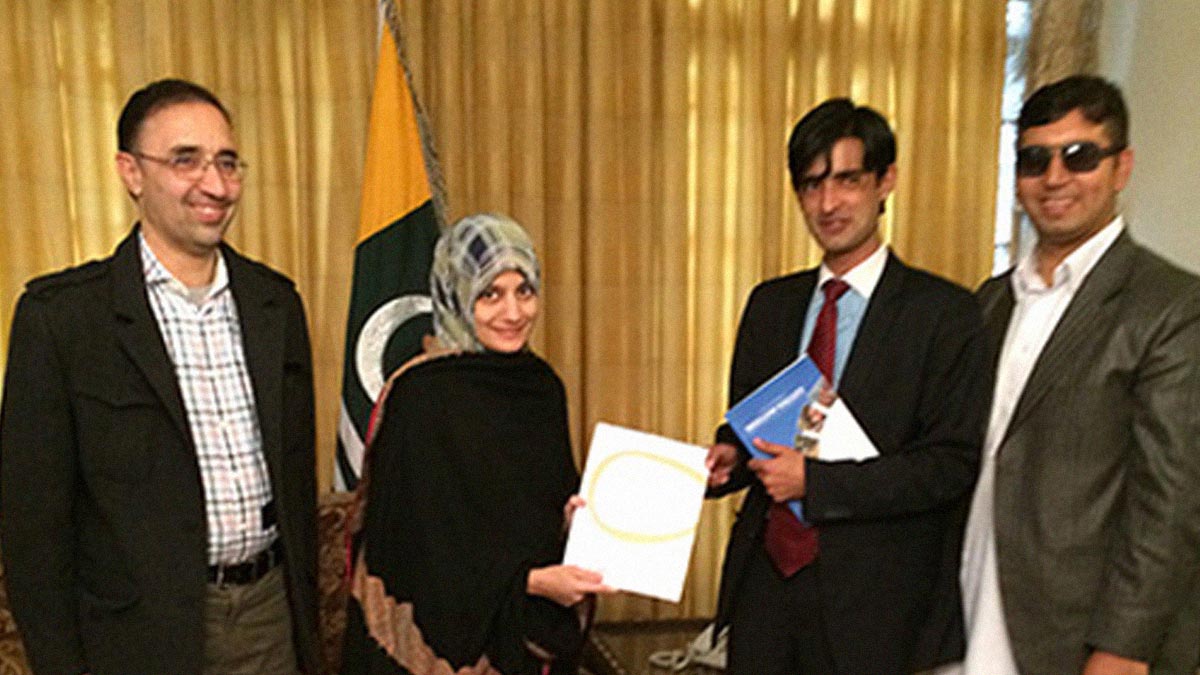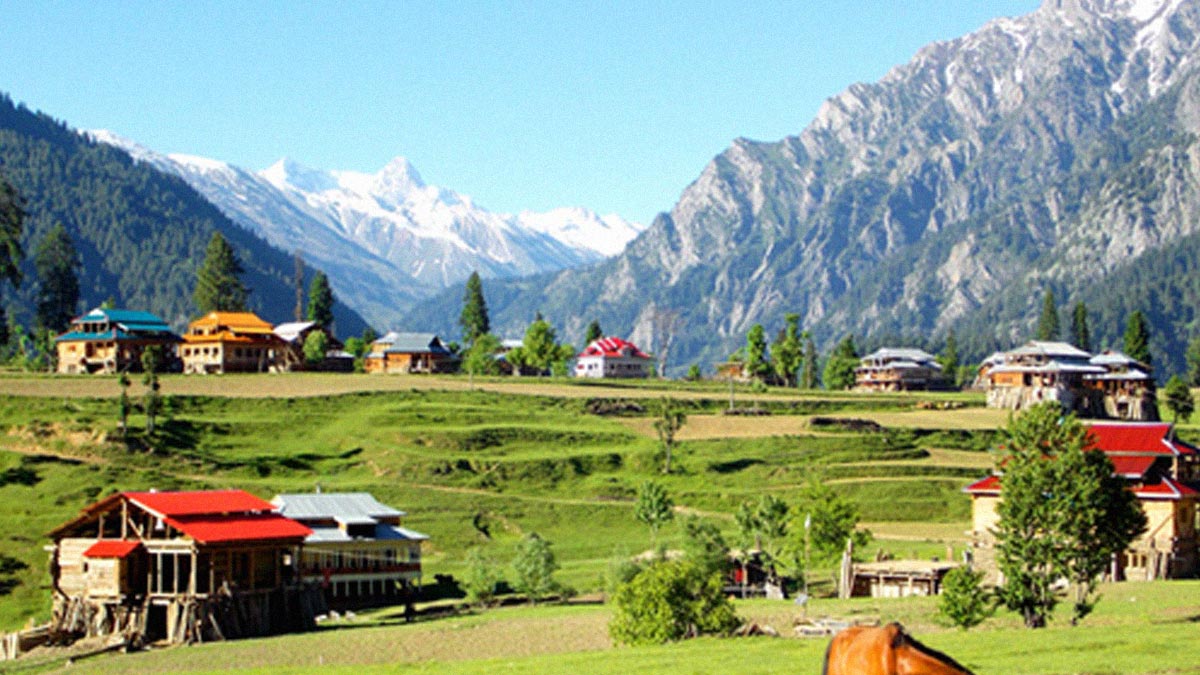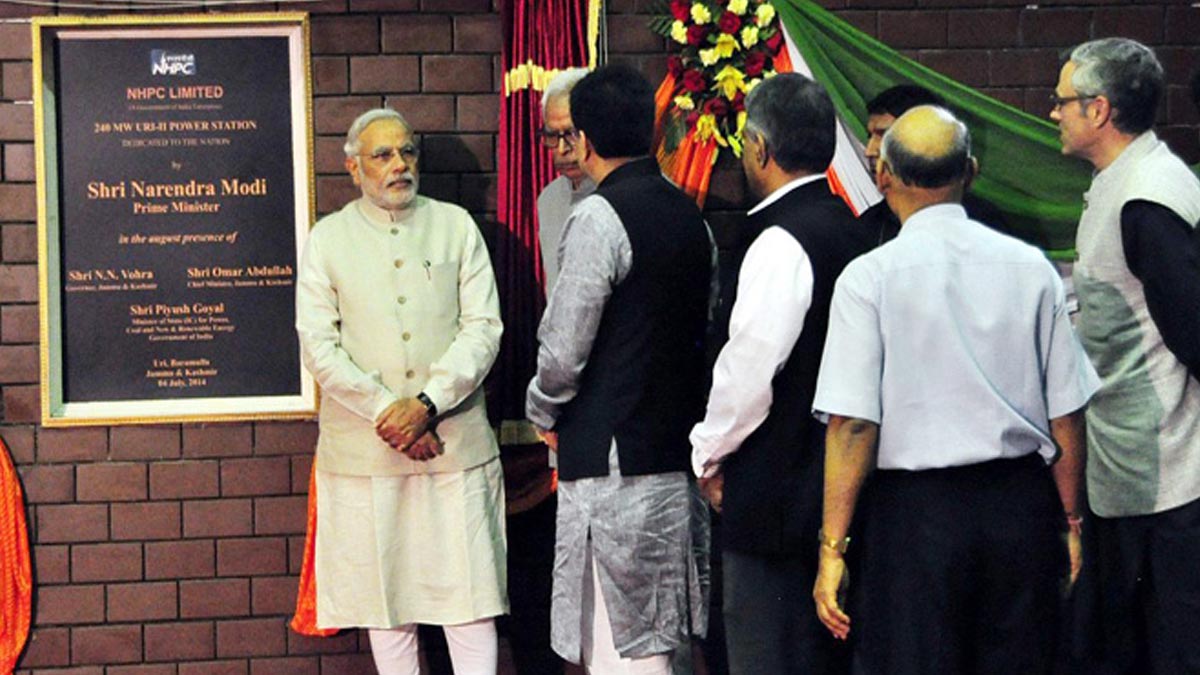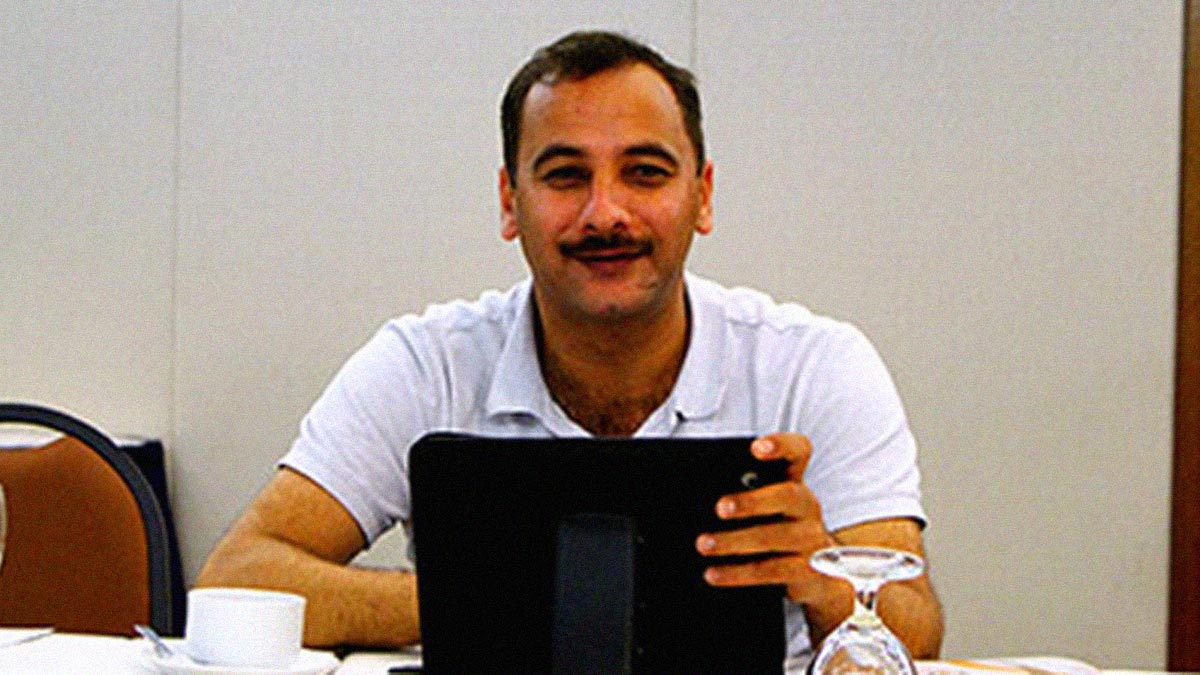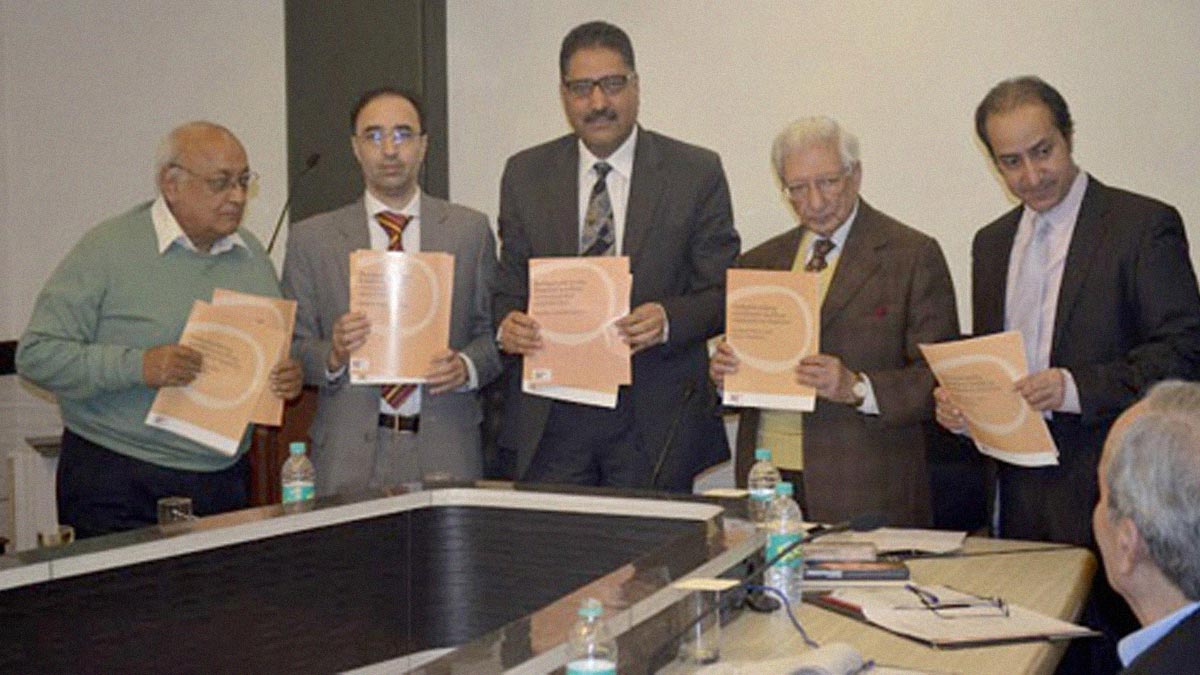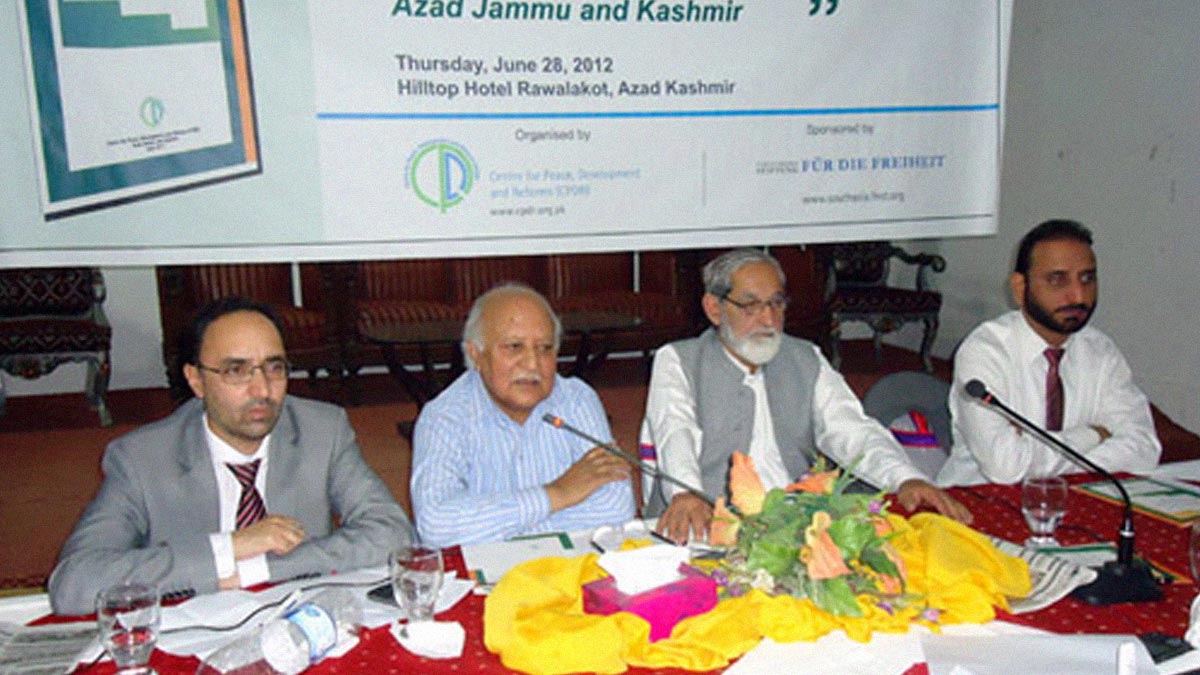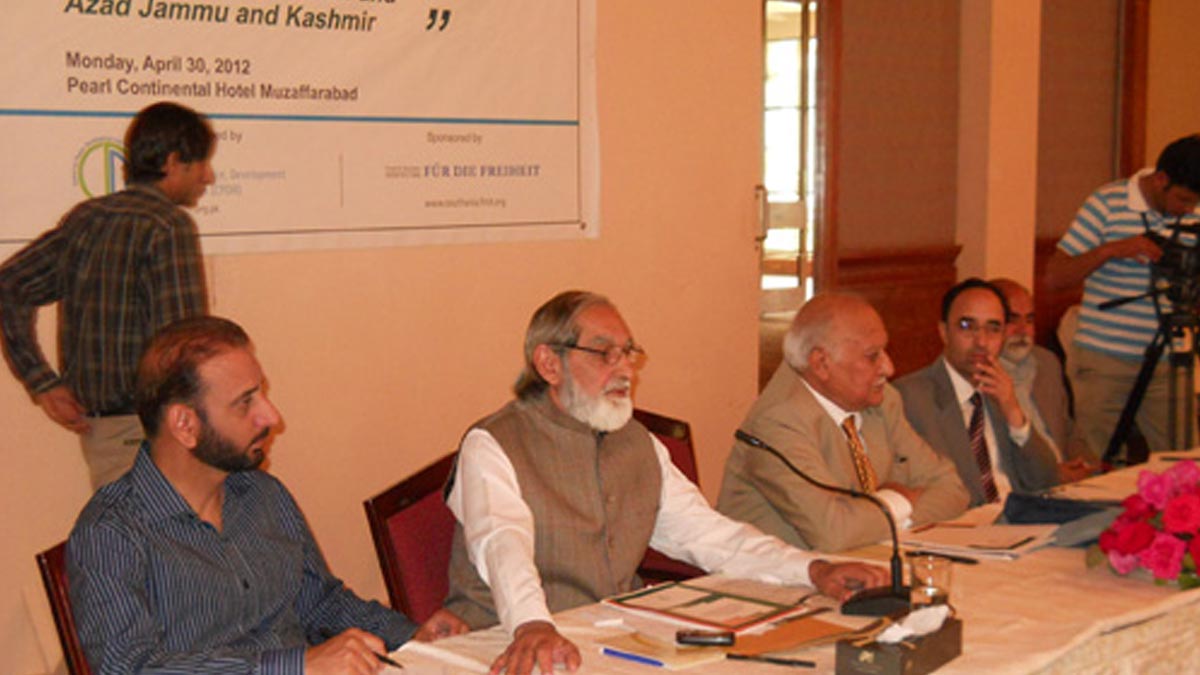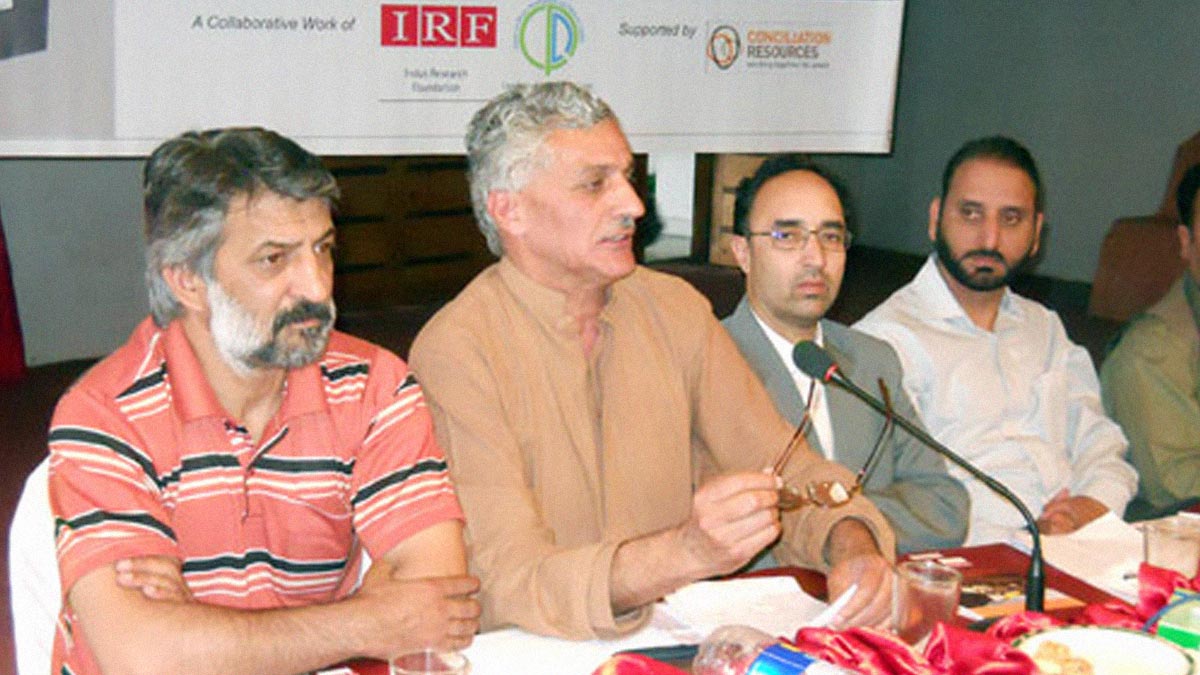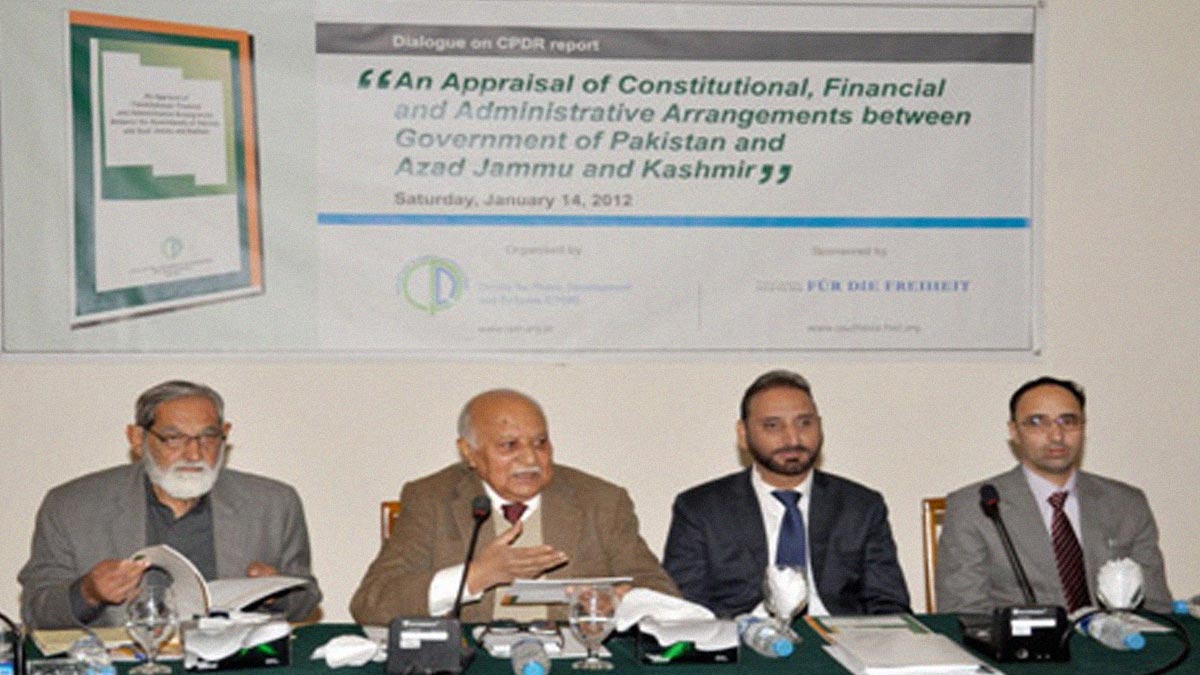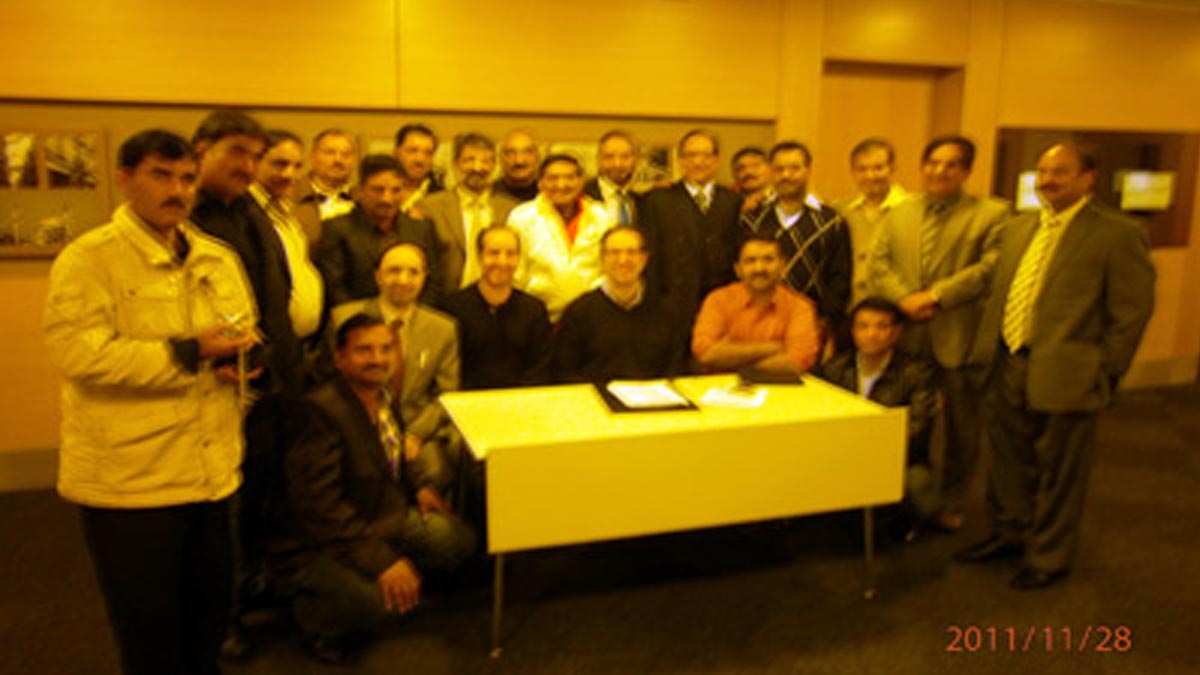- January 7, 2012
- @admin
- 0
- 07th January 2012
- Nisar Ahmed Thakur
On Jan 4, 2012 Cross LoC trade was resumed after several weeks of sporadic suspension. The recent impasse in the Cross LoC-trade was witnessed when Central Bureau of Revenue (CBR) officials swung into an action and seized over a dozen goods-laden trucks in November 2011. The Customs department and FBR officials’ render seized goods illegal and smuggled from India hence do not form part of cross LoC trade List. The seizure of trucks sparked series of protests wherein traders’ community expressed strong resentment over what they call as high-handedness of some elements of Customs department.
The trader community of Azad Jammu and Kashmir (AJK) suspended trade in reciprocation when Custom Officials in Islamabad and Faisalabad seized 12 trucks loaded with goods imported from other side of the line of control (LoC) during the first week of December 2011. Resultantly Cross LoC traders took to the streets lodged protests in front of Prime Minister Secretariat Muzaffarabad, capital city of AJK, seeking intervention from Government of AJK to release 12 vehicle seized by Custom Department. The seizure of vehicles has heightened and escalated tension between trade community and Federal Board of Revenue (FBR) officials.
Recording their protests, traders went on a hunger strike against the seizure of their vehicles and value-added tax (VAT) on traded items. Legislatures of AJK assembly also expressed their solidarity with traders and ensured their maximum support. Jammu Kashmir Joint Chamber of Commerce and Industries (JK-JCC&I) expressed their serious concerns over prevailing situation and render current seizure and slapping of Tax contrary to the spirit of trade agreement”. Terming trans-LoC trade as inalienable right of the Kashmiri business community President JKJCC&I Mr. Zulfiqar Abbasi opined that prime minister and the president of Pakistan should take effective cognizance of “conspiracies” being hatched to sabotage the cross LoC trade since such practices inflicted huge losses to Kashmiri business community involved in the trans-LoC trade.
Following these significant developments, trader community involved in cross LoC trade held a meeting in Rawalpindi in second week of December which unanimously agreed to establish a Joint Action Committee (JAC) and two sub committees included “press and policy committee and political committee to deal with the issues confronted by the business community. This may provide an effective platform to deliberate and lobby effectively for cross LoC trade.
The current political government of AJK has shown its strong commitment and resolve to support cross LoC trade and assured full support to the traders committed to facilitate Cross-LoC traders. AJK Prime Minister is said to have discussed the matter with the Prime Minister of Pakistan, who assured him that the goods would not be seized in Pakistan. Meanwhile Ministry of Foreign Affairs advised the FBR to ensure smooth flow of trade across the Cross LoC Trade but no to avail. Finally, CBR and ministry of foreign affairs made an unannounced agreement with the traders that until next India-Pakistan working group meeting CBR authorities would not seize their vehicles but this issue would be sorted out in the upcoming working group meeting. As India and Pakistan have decided that no government would amend procedures related to the Cross LoC trade unilaterally.
The Press and Policy Committee of LoC Traders Joint Action Committee addressed press conference at a hotel in Islamabad on December 14 2011 and briefed media that since the opening of cross LoC trade some elements of Pakistan Custom anti-smuggling squad and Custom intelligence have been creating hurdles and hindrances causing severe damage to only Kashmir-centric CBM.
Recent Issues in Cross LoC Trade
Flaying custom department’s negative role, the Press and Policy Committee of LoC Traders Joint Action Committee levelled serious charges against the officials of Custom Department and FBR which are as follow:
- Goods traded from LoC are seized and the traders are forced to pay hefty amount of bribe during the transportation of goods from Chakoti (AJK) to the downstream main markets.
- Despite zero-tariff trade, traders have to pay Rs.7000/ for each truck at the time of crossing the terminals at Chakothi and Titrinote.
- Custom officials are in a habit of seizing goods-laden trucks and imposing heavy custom duty and fine on the stakeholders which is up to 500,000 per truck.
- That the traders are dubbed as smugglers and sometimes fine and custom duty charged is more than the actual cost of goods traded from LOC.
Demands of Trade Community
Following week-long protest, sit-ins and hunger-strikes the traders’ body suspended trade for an indefinite period of time and demanded the Government of Pakistan the ministry of external affairs;
- To ensure/announce legal sanctity of cross LoC trade in writing.
- To regulate the intra-Kashmir trade hereby putting a proper system in place to let free flow of trade in the region.
- To notify the trade policy according to the Indo-Pak CBMs.
- To take effective cognizance of the negligence and set an inquiry committee to probe the corruption of Custom Anti-Smuggling Squad and Custom intelligence officials. Moreover it is demanded to recover the illegally and unlawfully charged custom duty and fine to LoC traders.
- To issue fresh directives to FBR for release trucks impounded illegally and without any justification.
The traders have resumed the trade on 4th January after a week long protest and hunger strike. After seeking assurances from different quarters” while the apex body of traders’ union has been in touch with the concerned authorities to get the issues resolved amicably.
During its start several times traders went on to strike due to the imposition of ban on key profitable trading-items, which were traded in bulk quantity. In Past Indian side banned peanuts, Ajwain and Garlic whereas pulses and chillies (Phatki) were simultaneously banned by authorities on Pakistani side of line of control which resulted in suspension of trade for more than eight weeks in 2009 and 2010 respectively. Similarly trade was also suspended for three and a half months in June 2011 against slapping of Sales Tax and VAT on the trading commodities on the items exported from Indian administered Kashmir.
Writer is a working journalist associated with Greater Kashmir, a Srinagar based English Daily and can reached at nissarthakur@gmail.com

Ershad Mahmud
The writer is a freelance contributor. He can be reached at:


